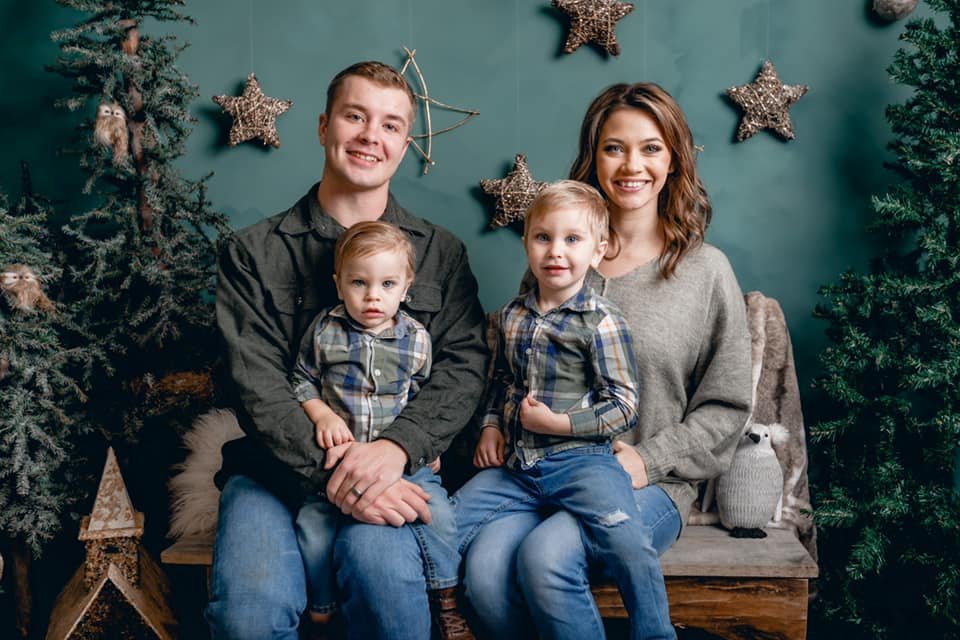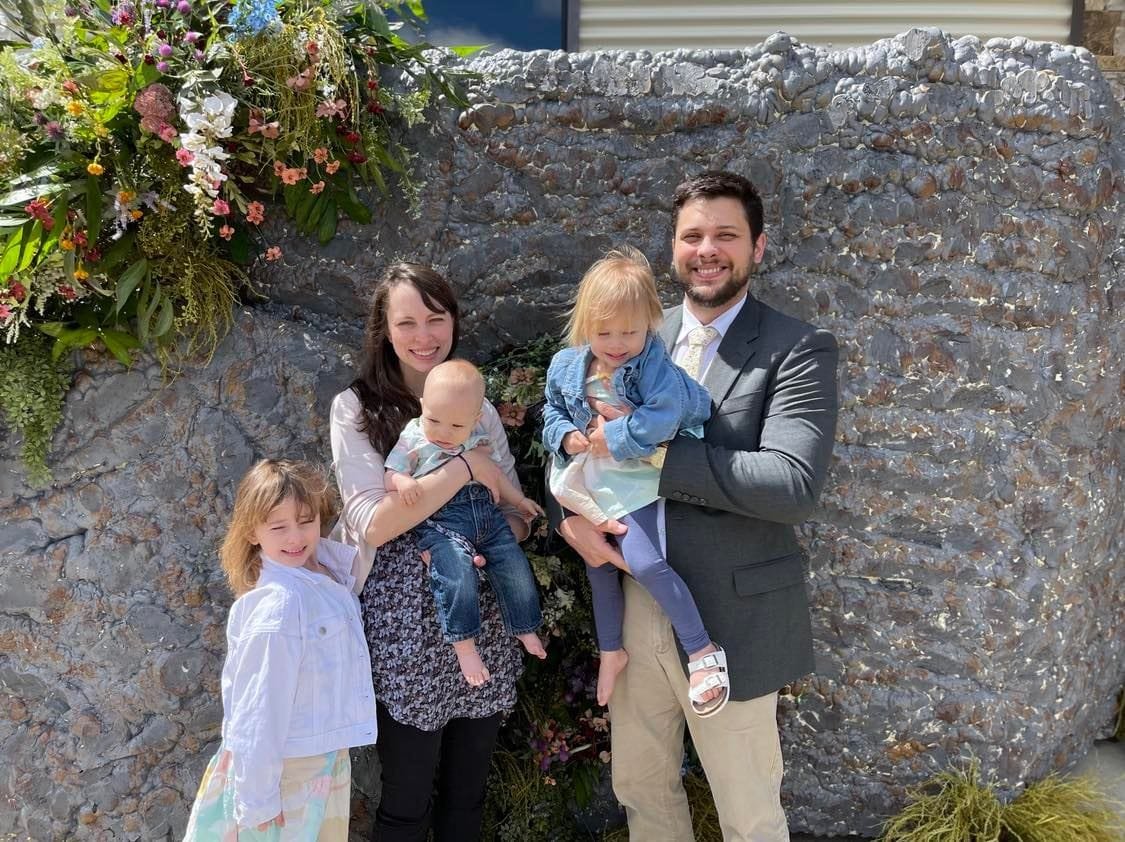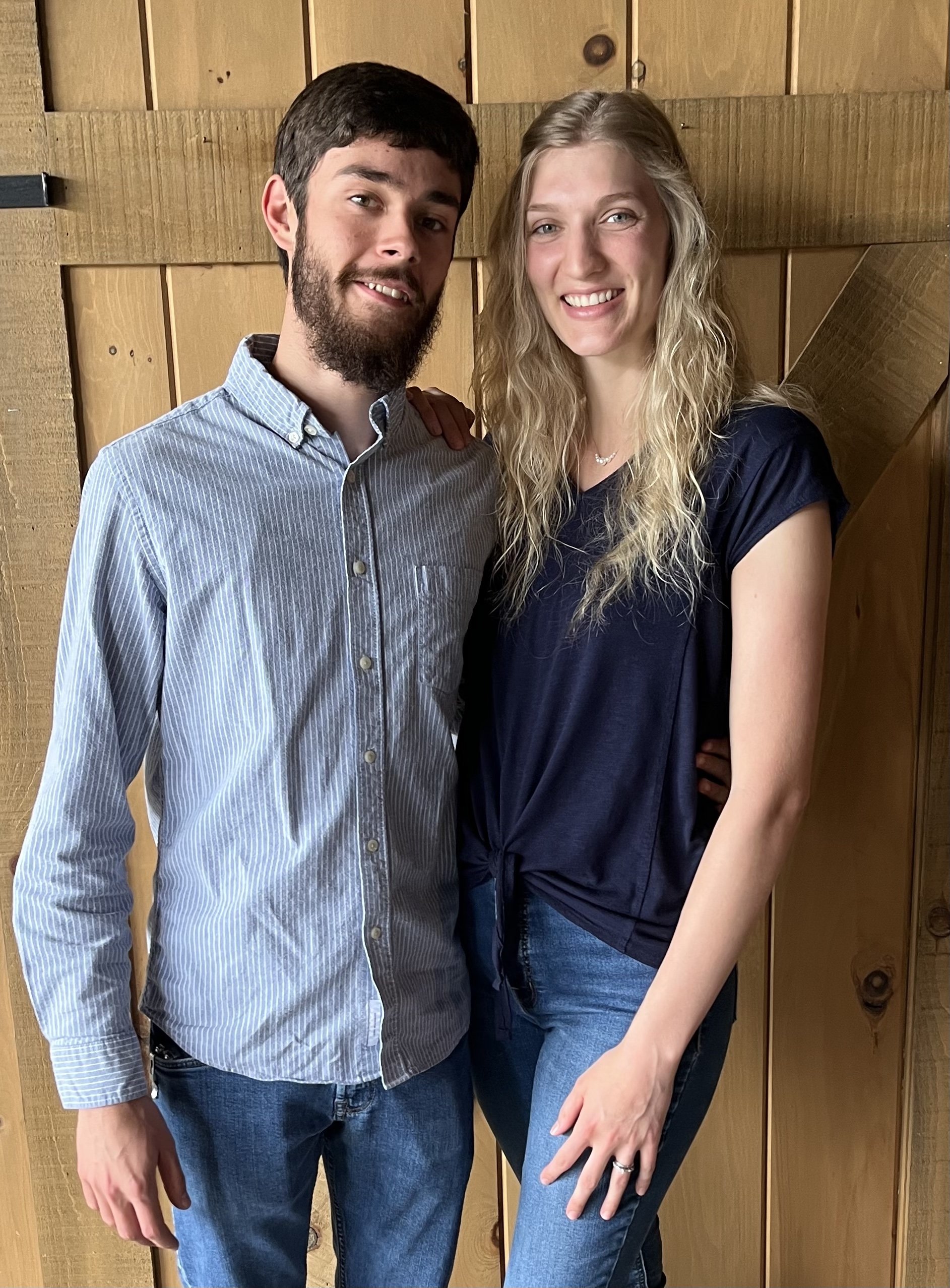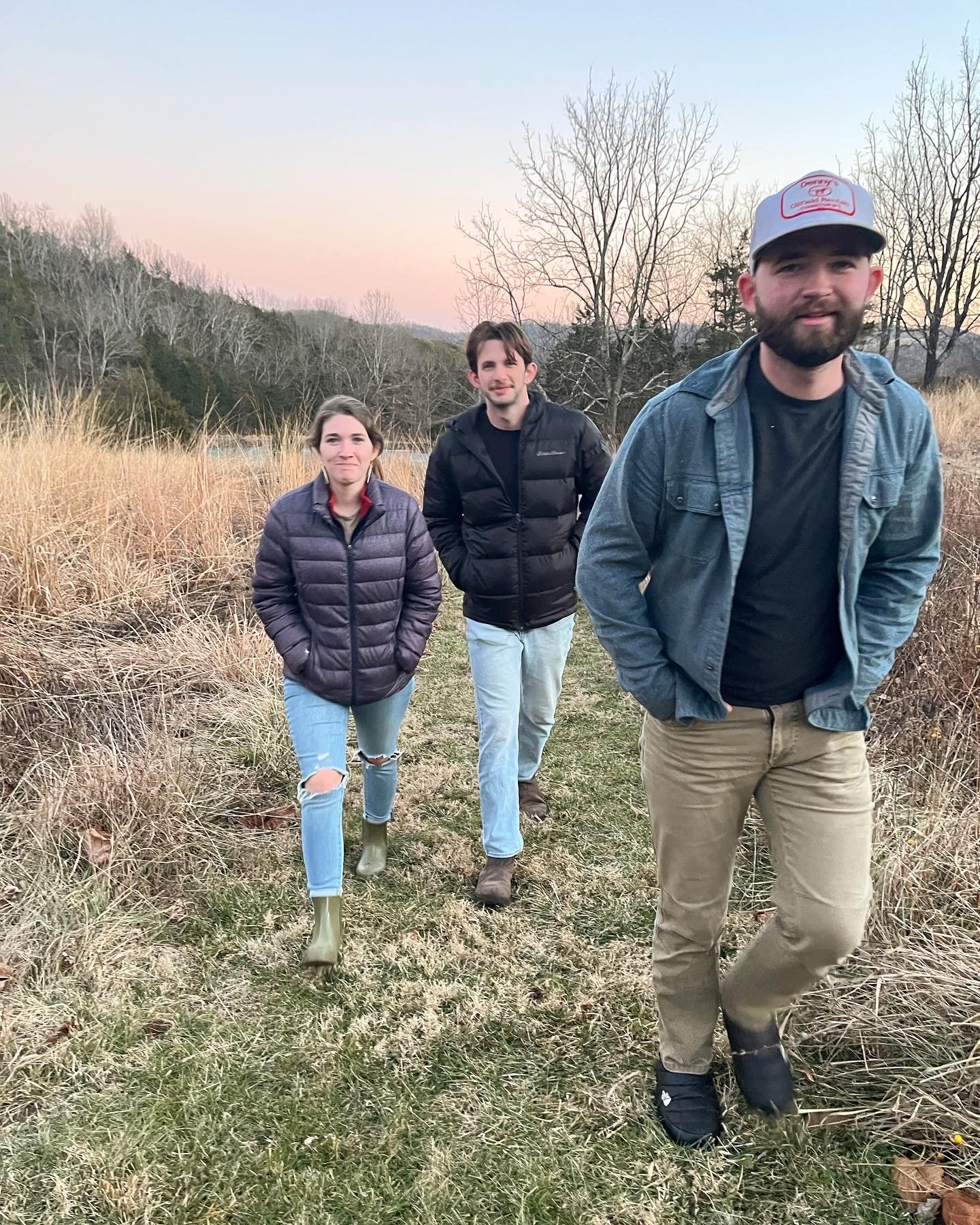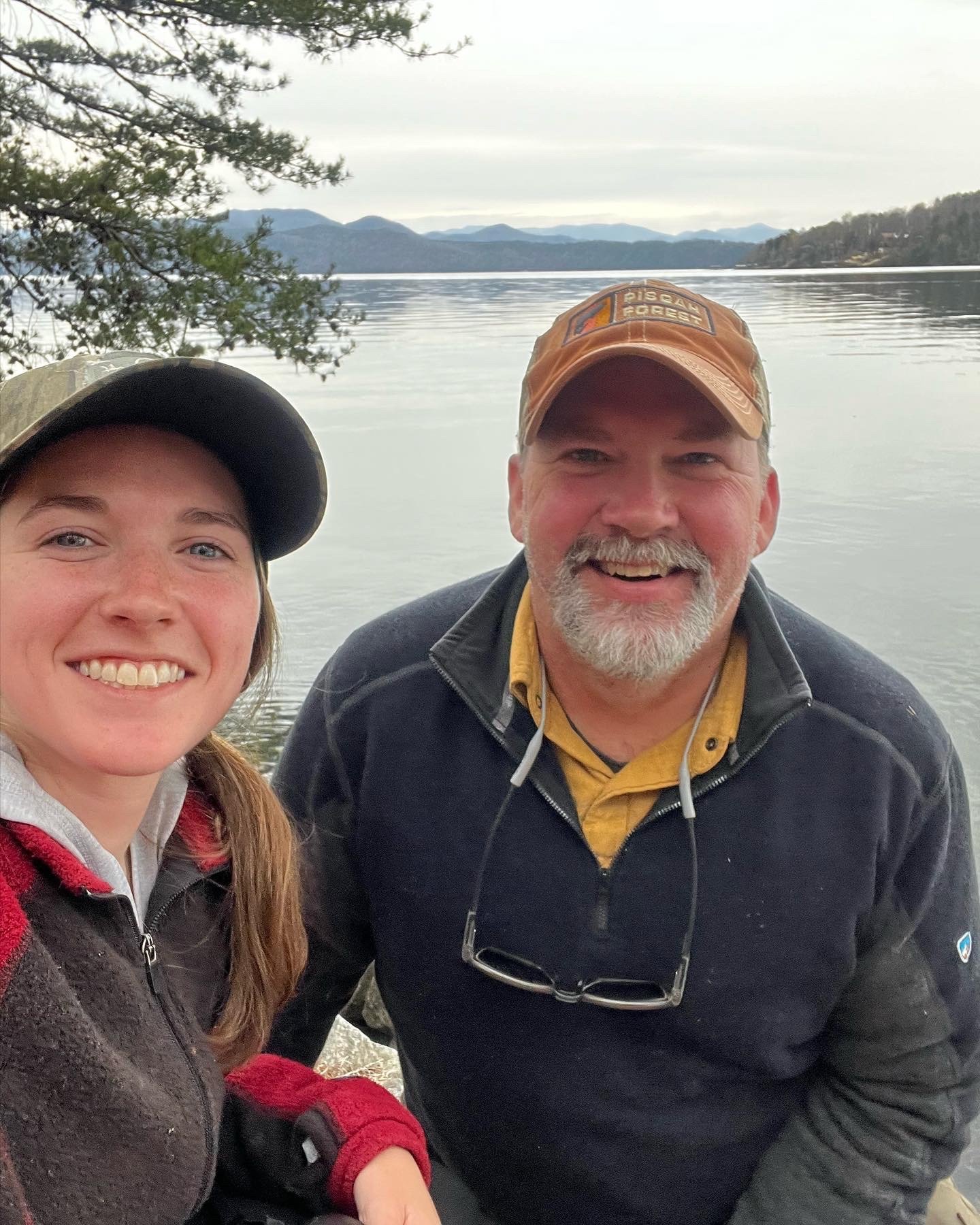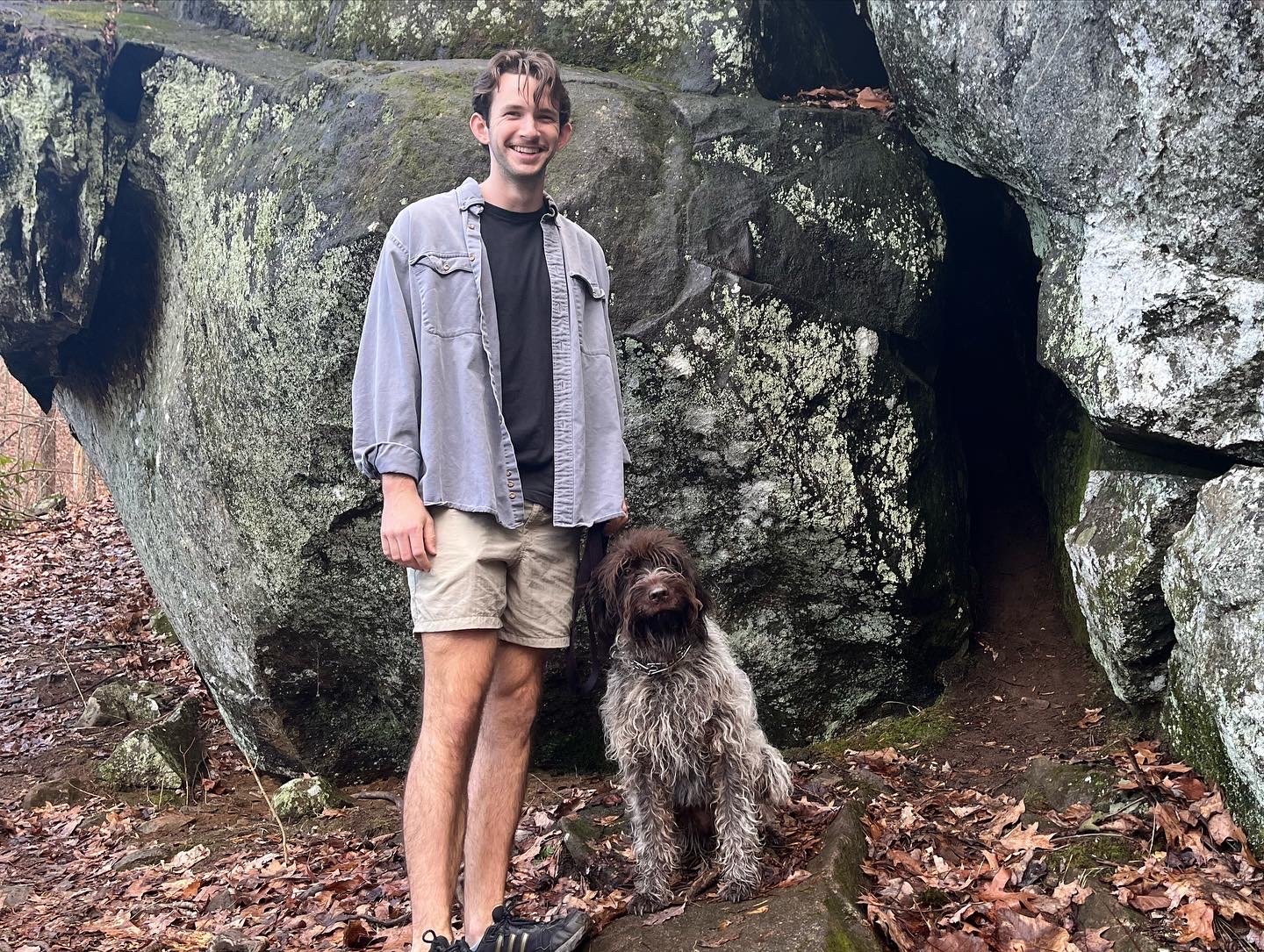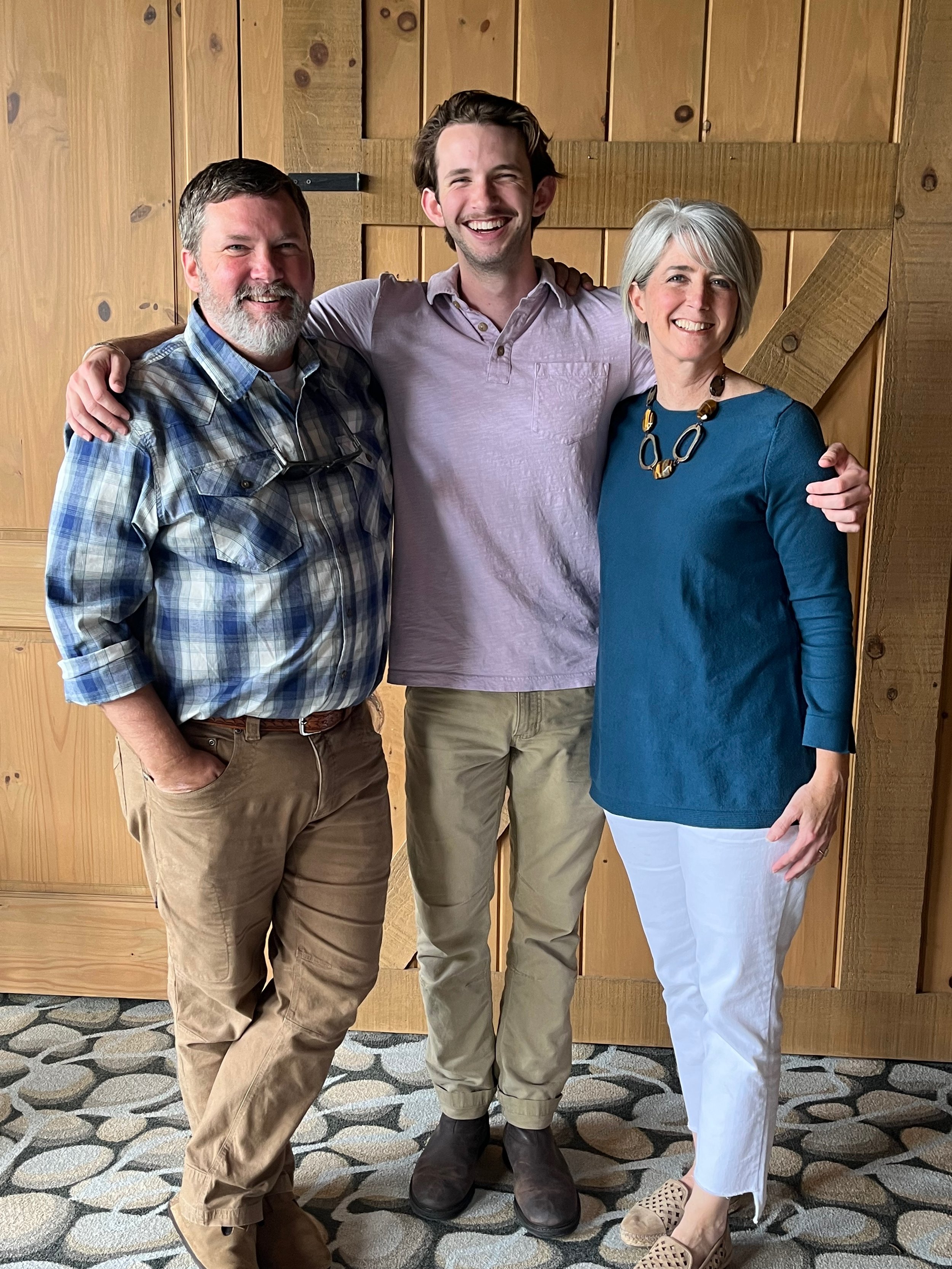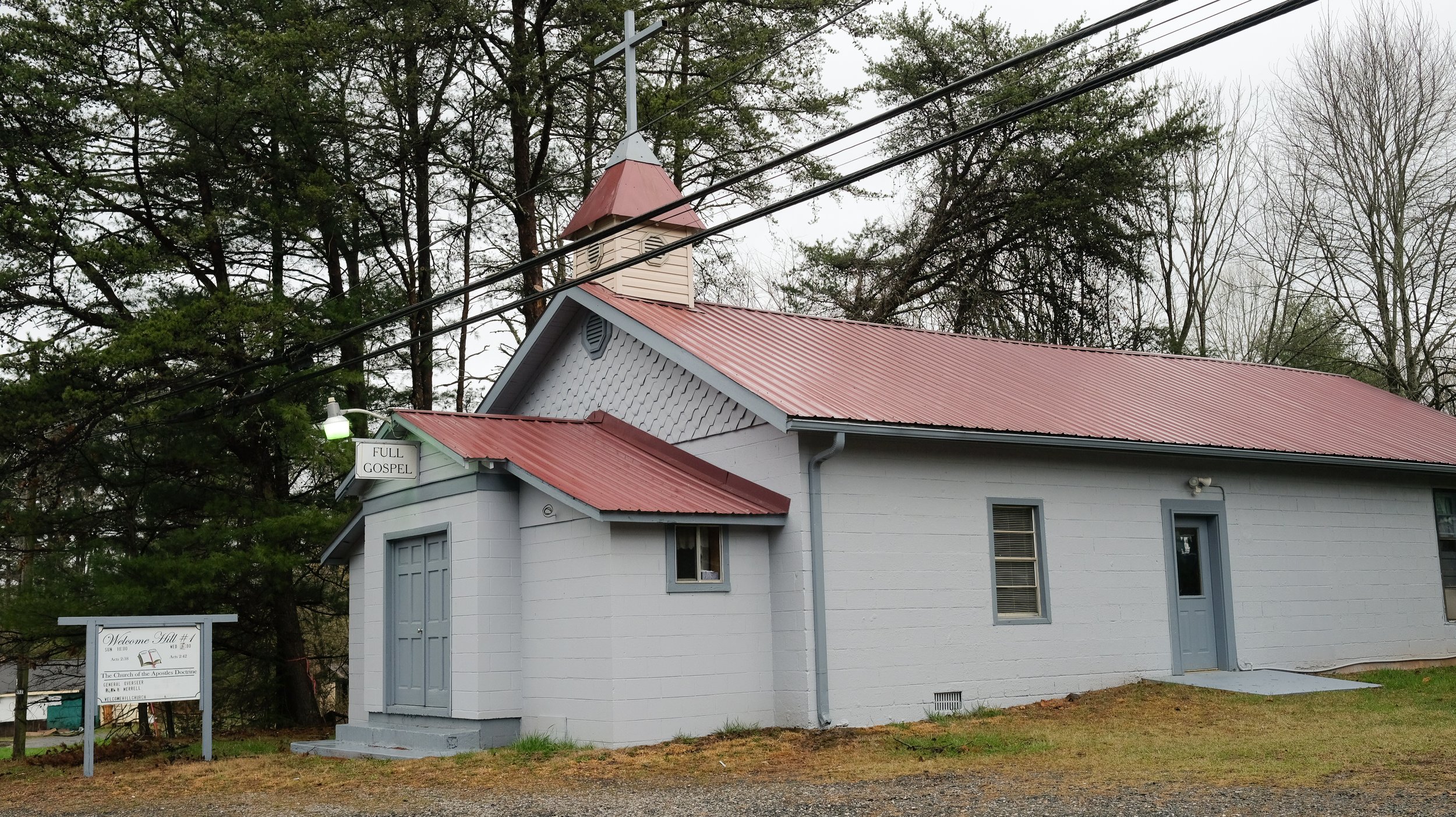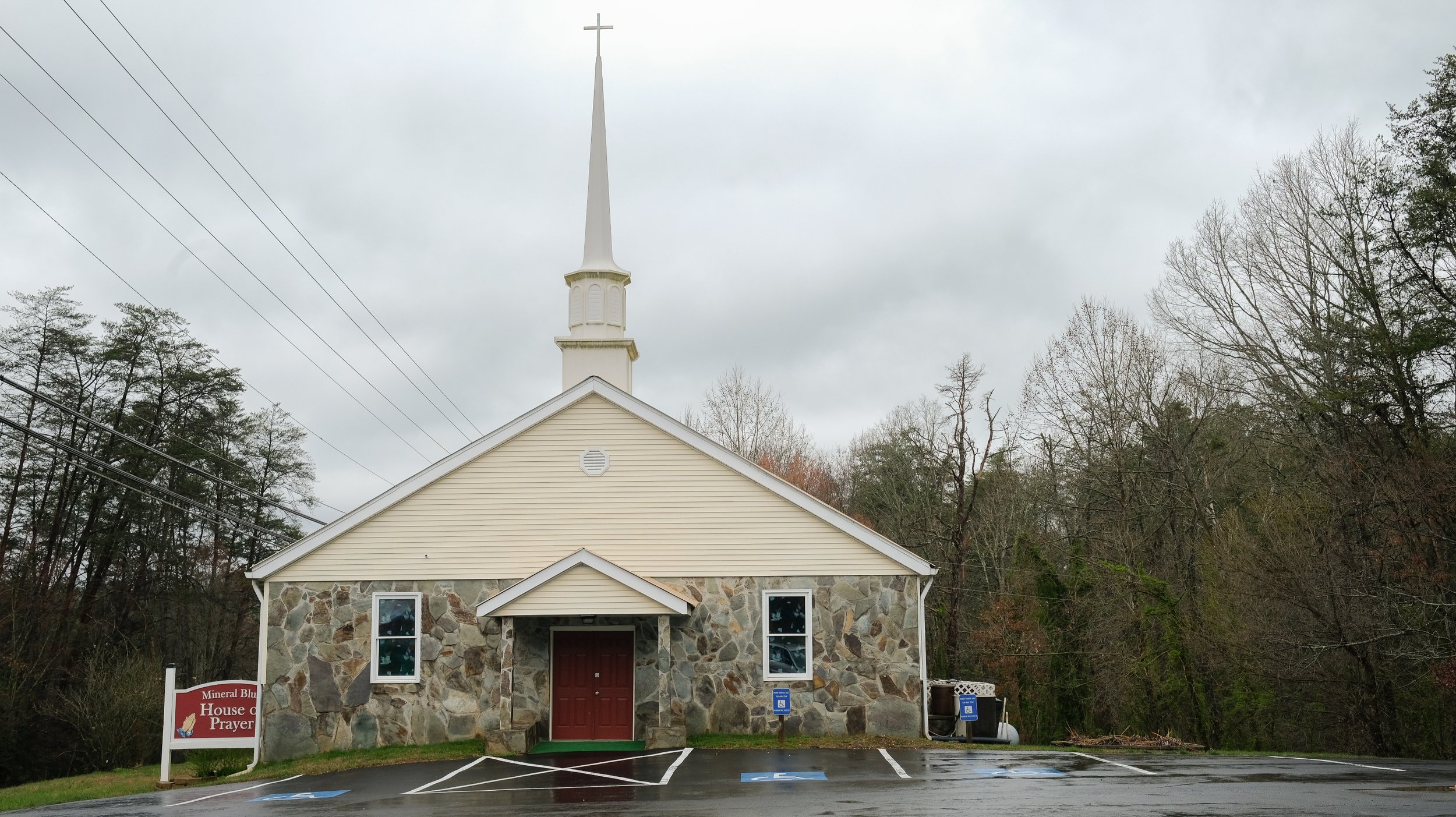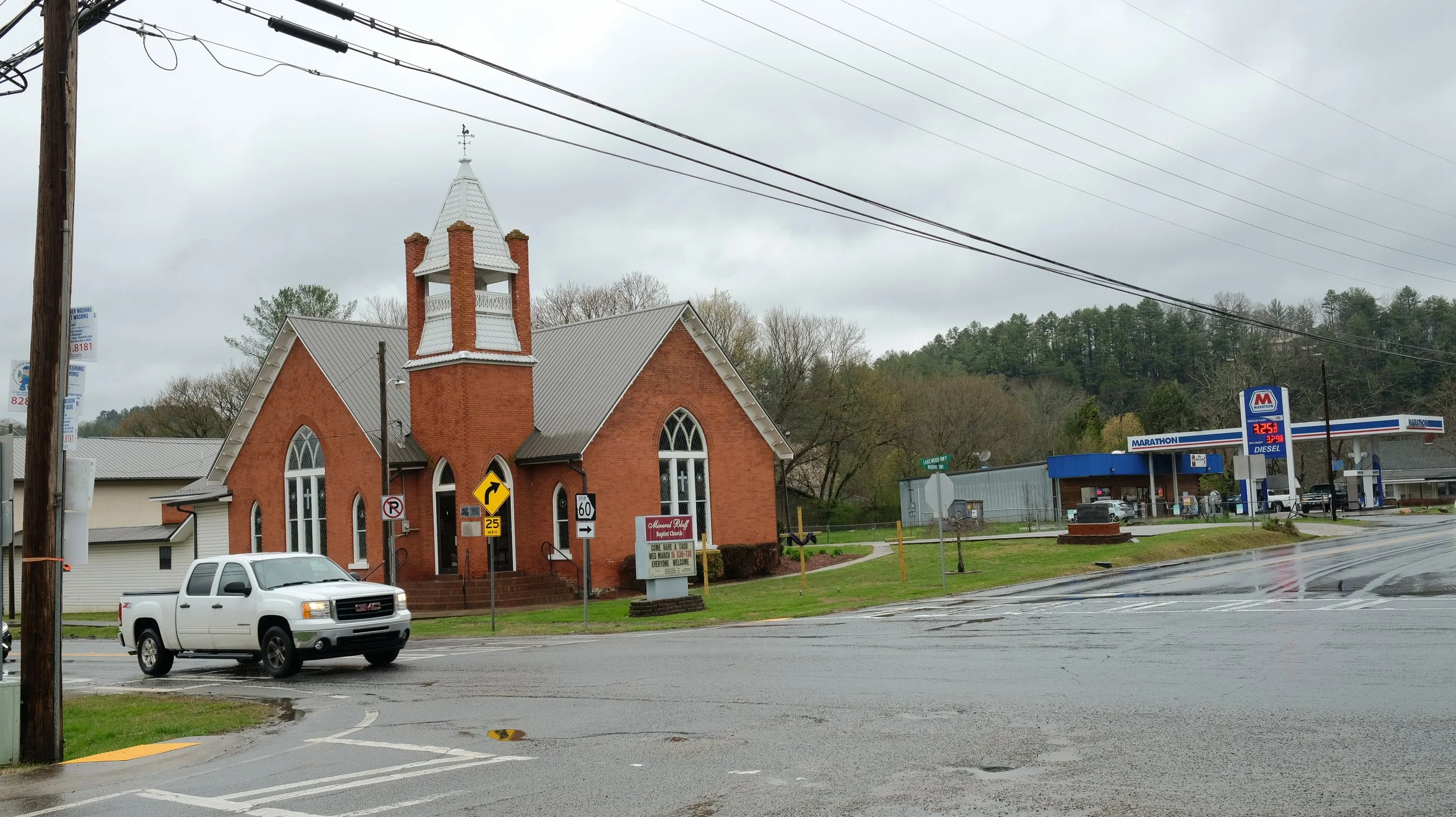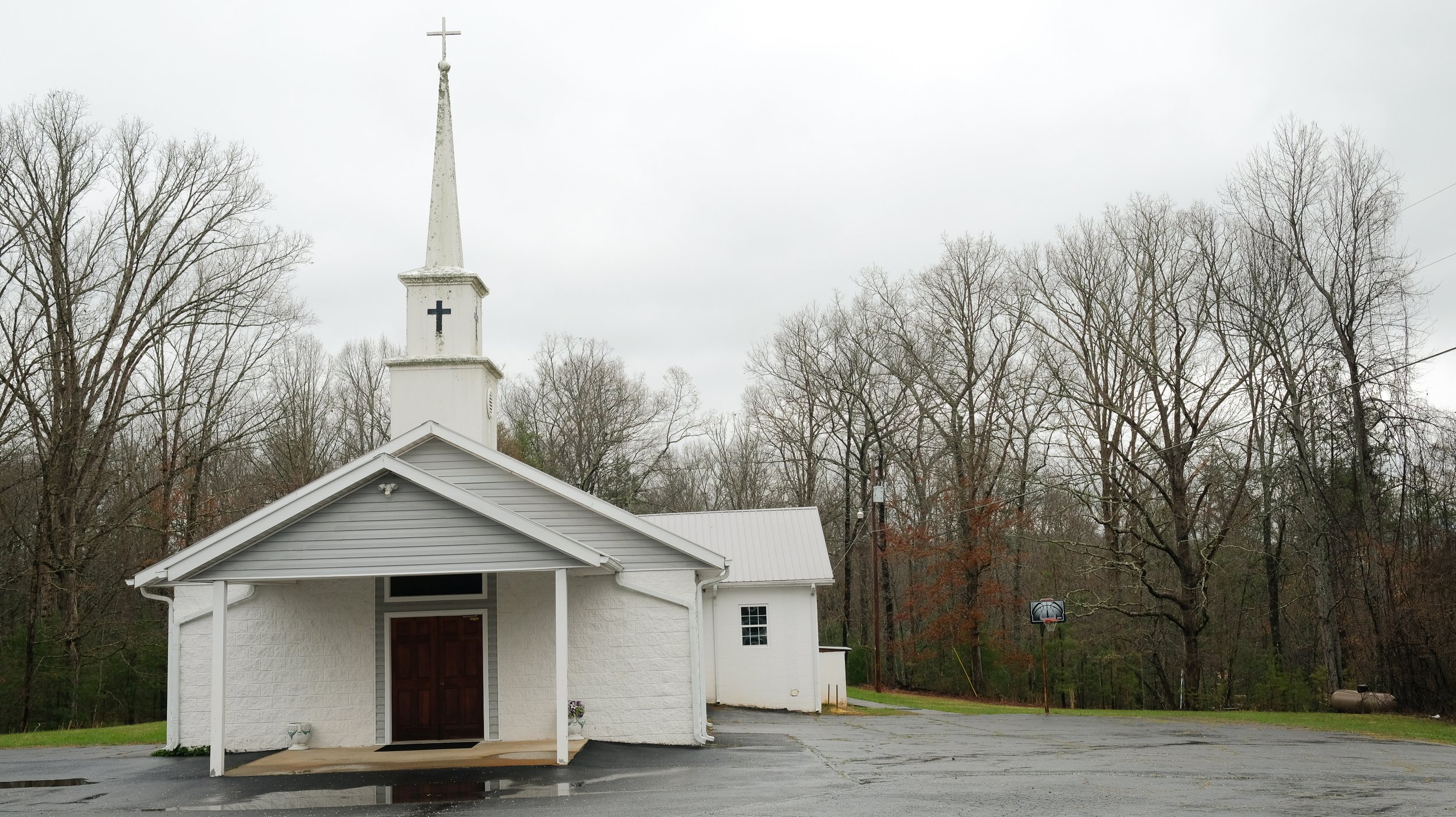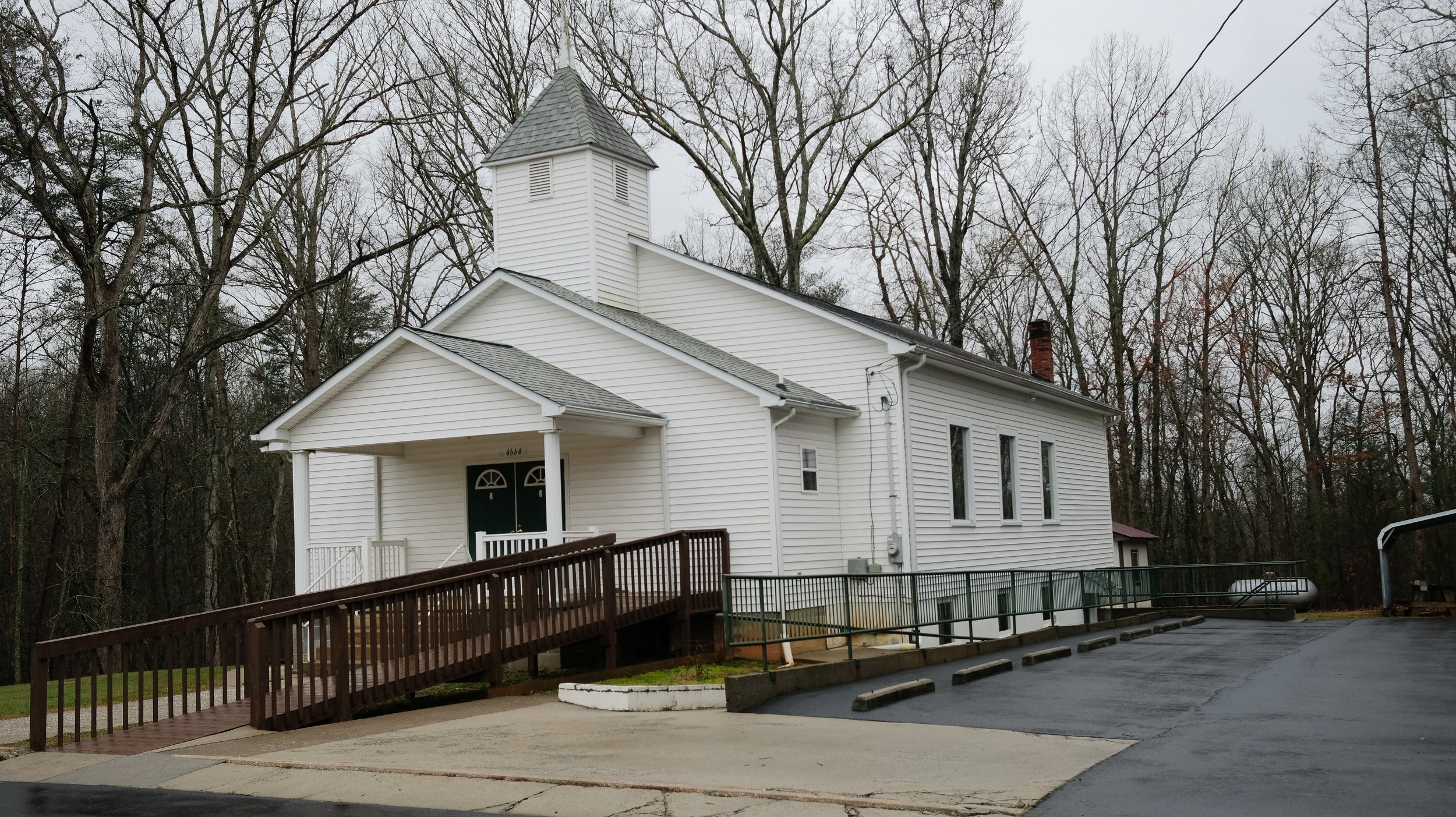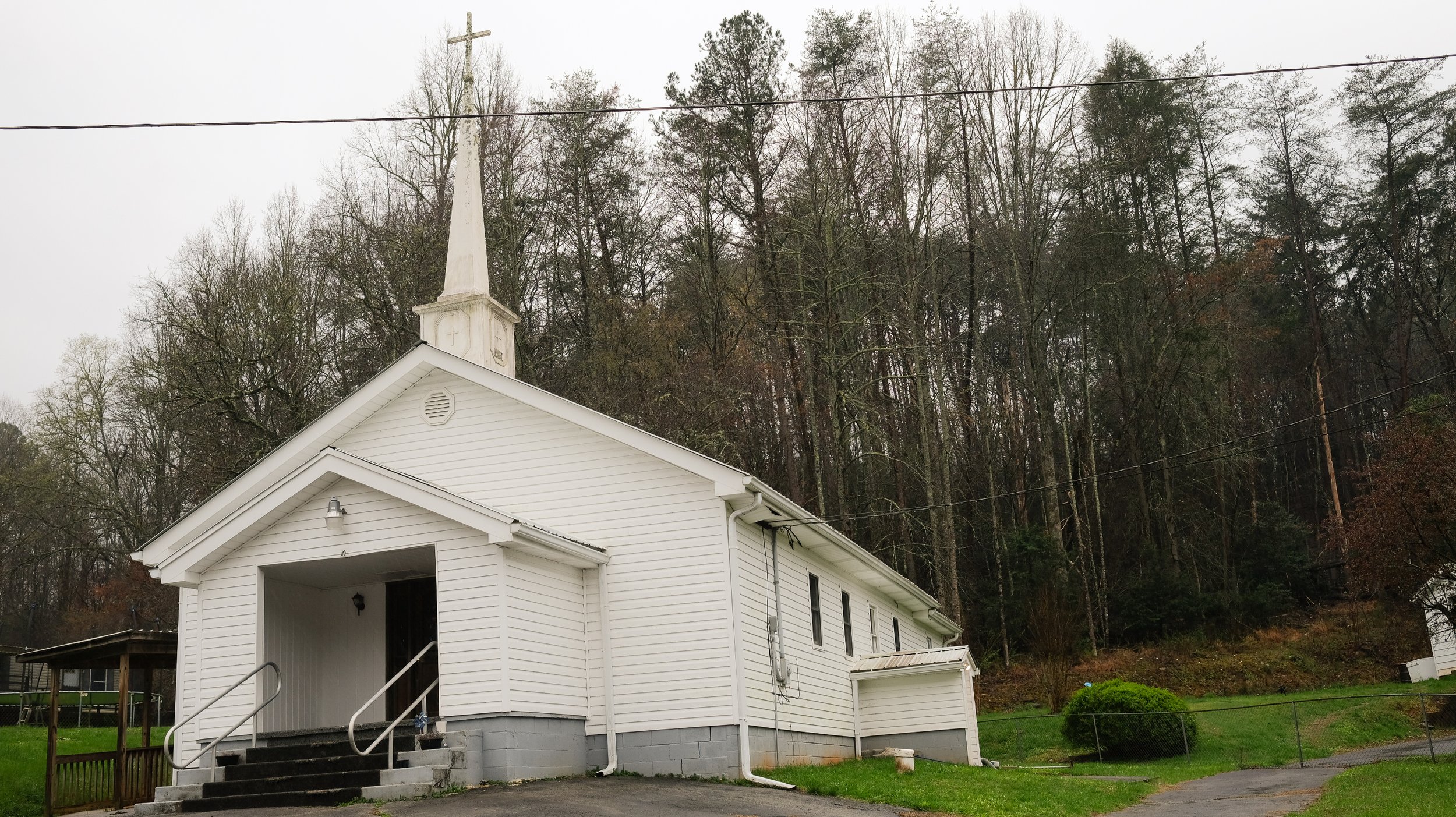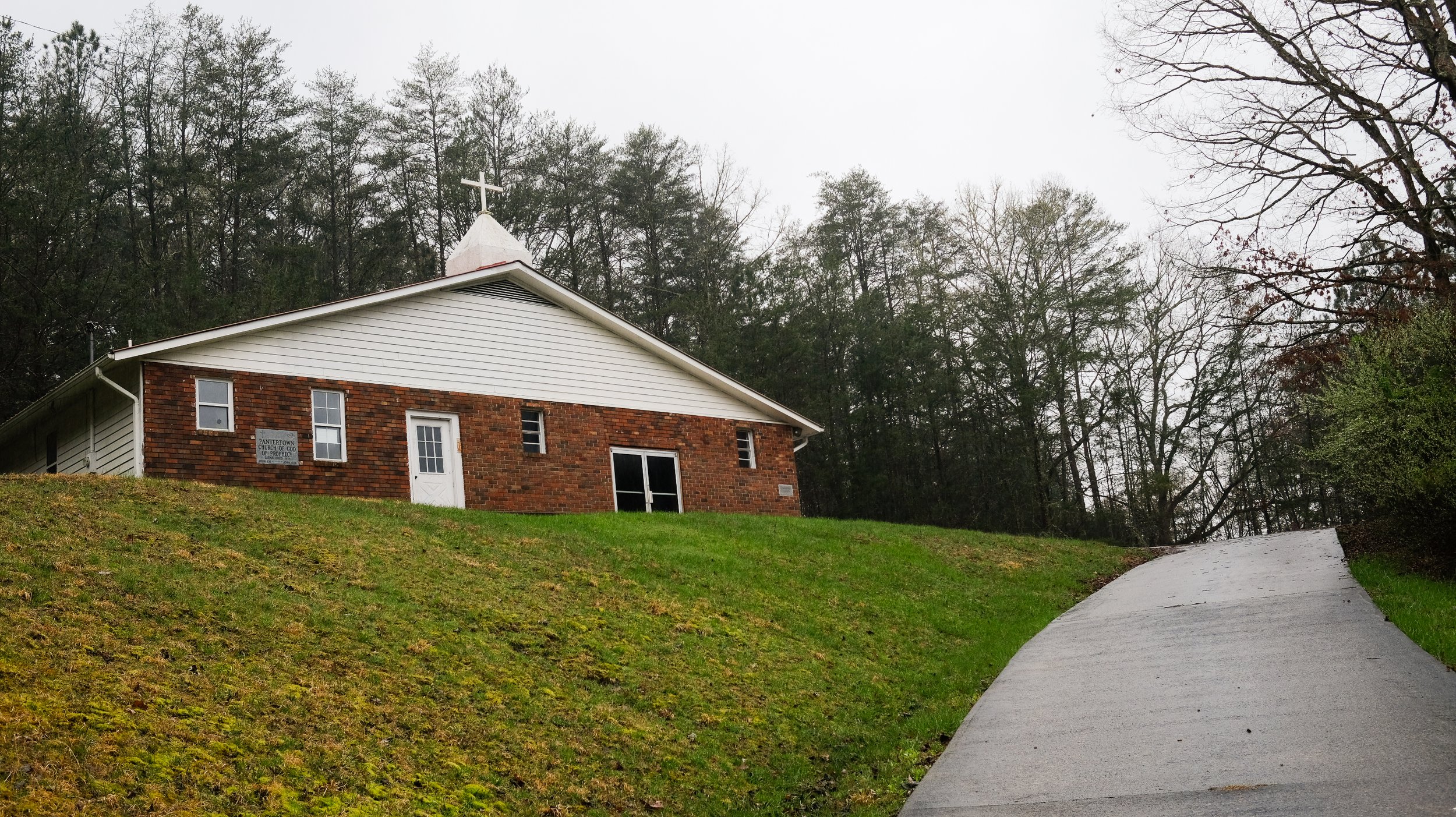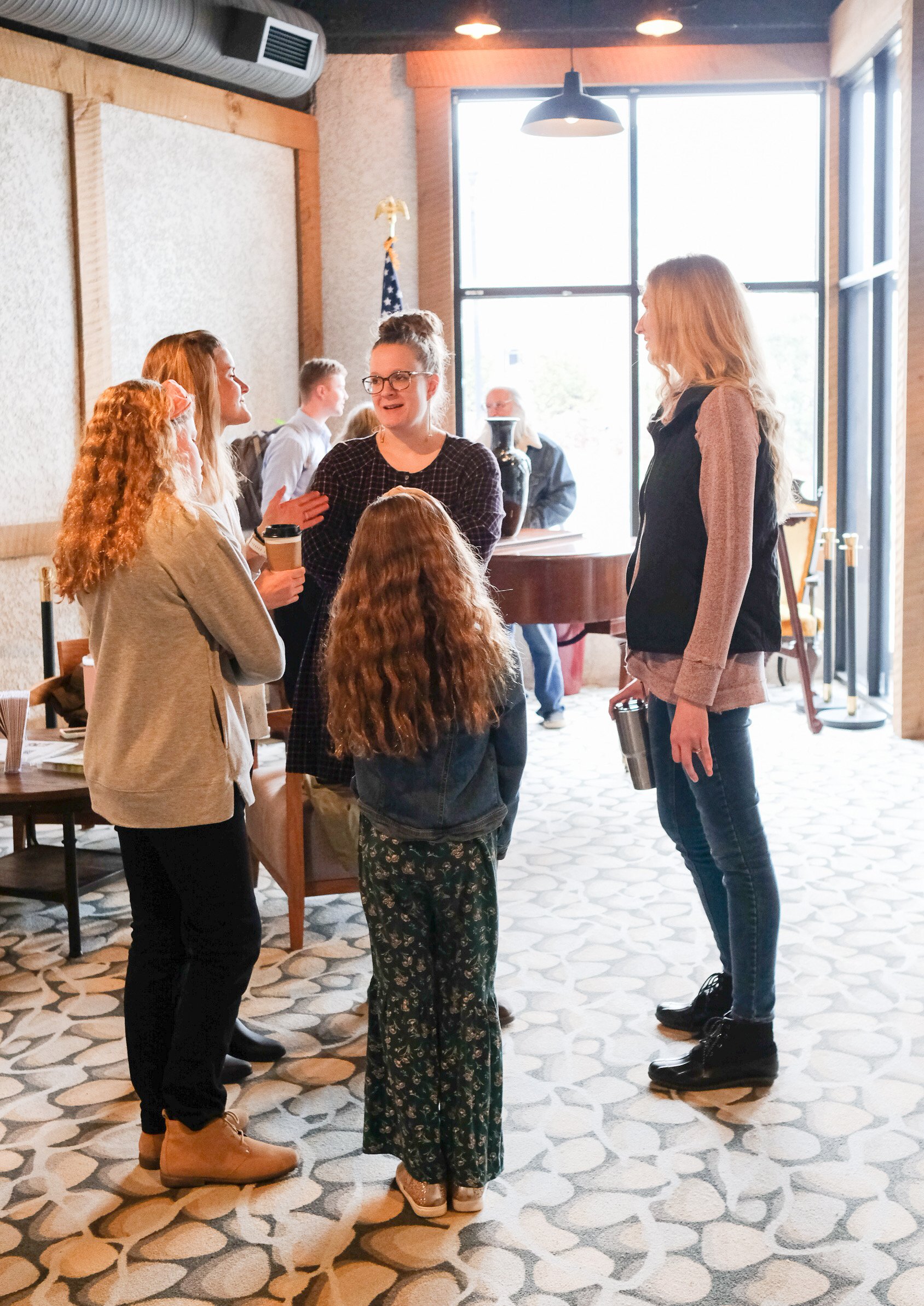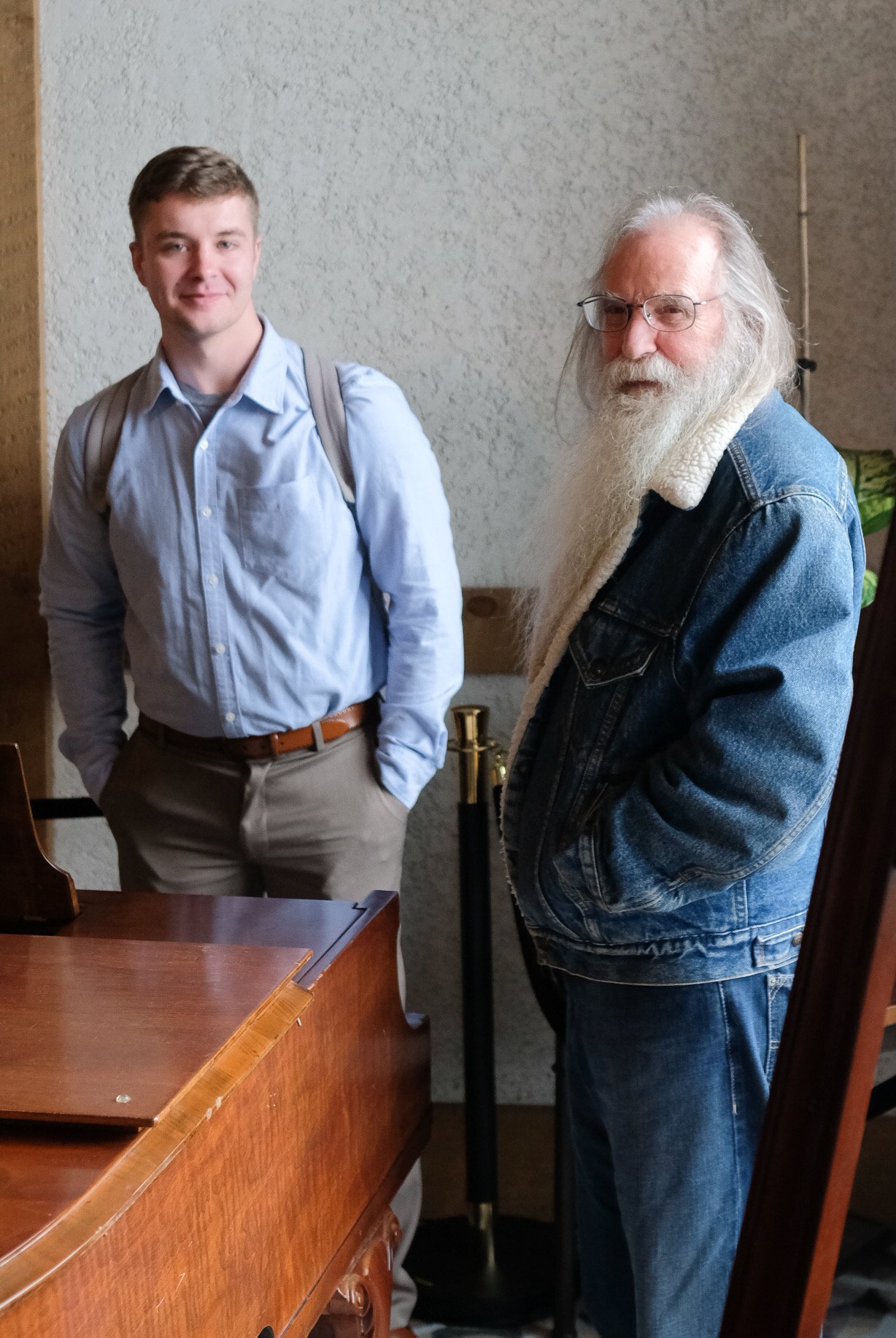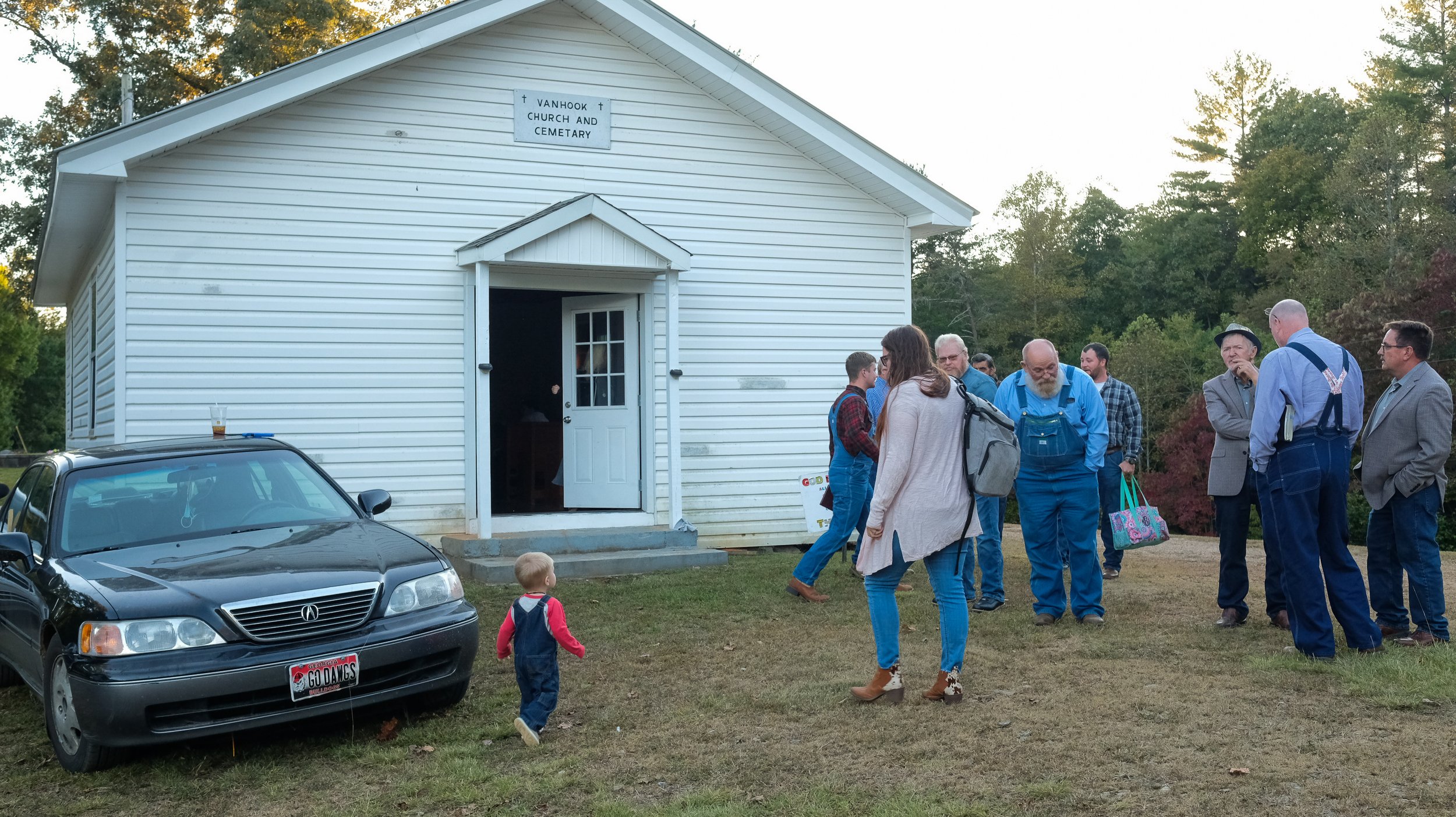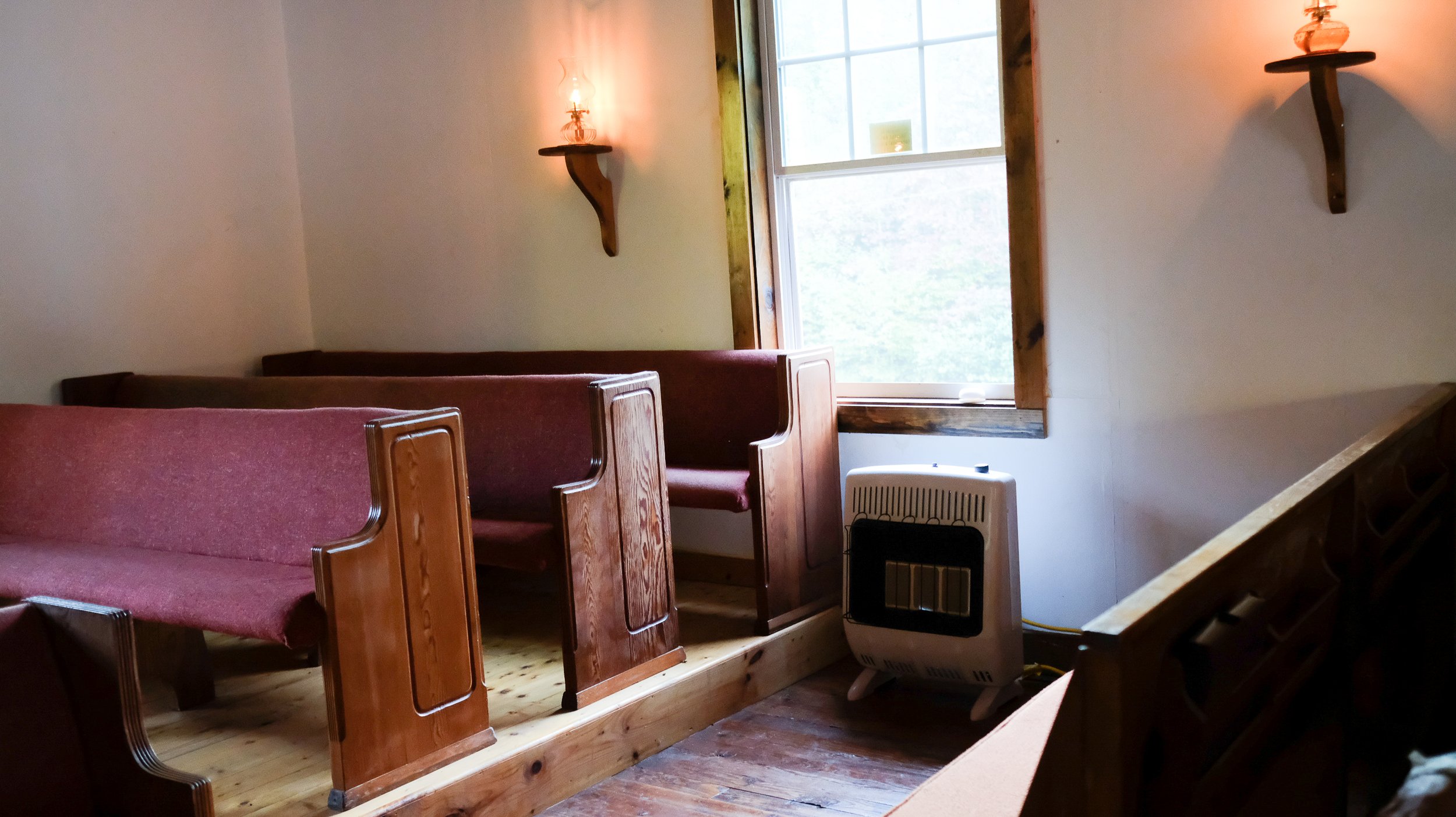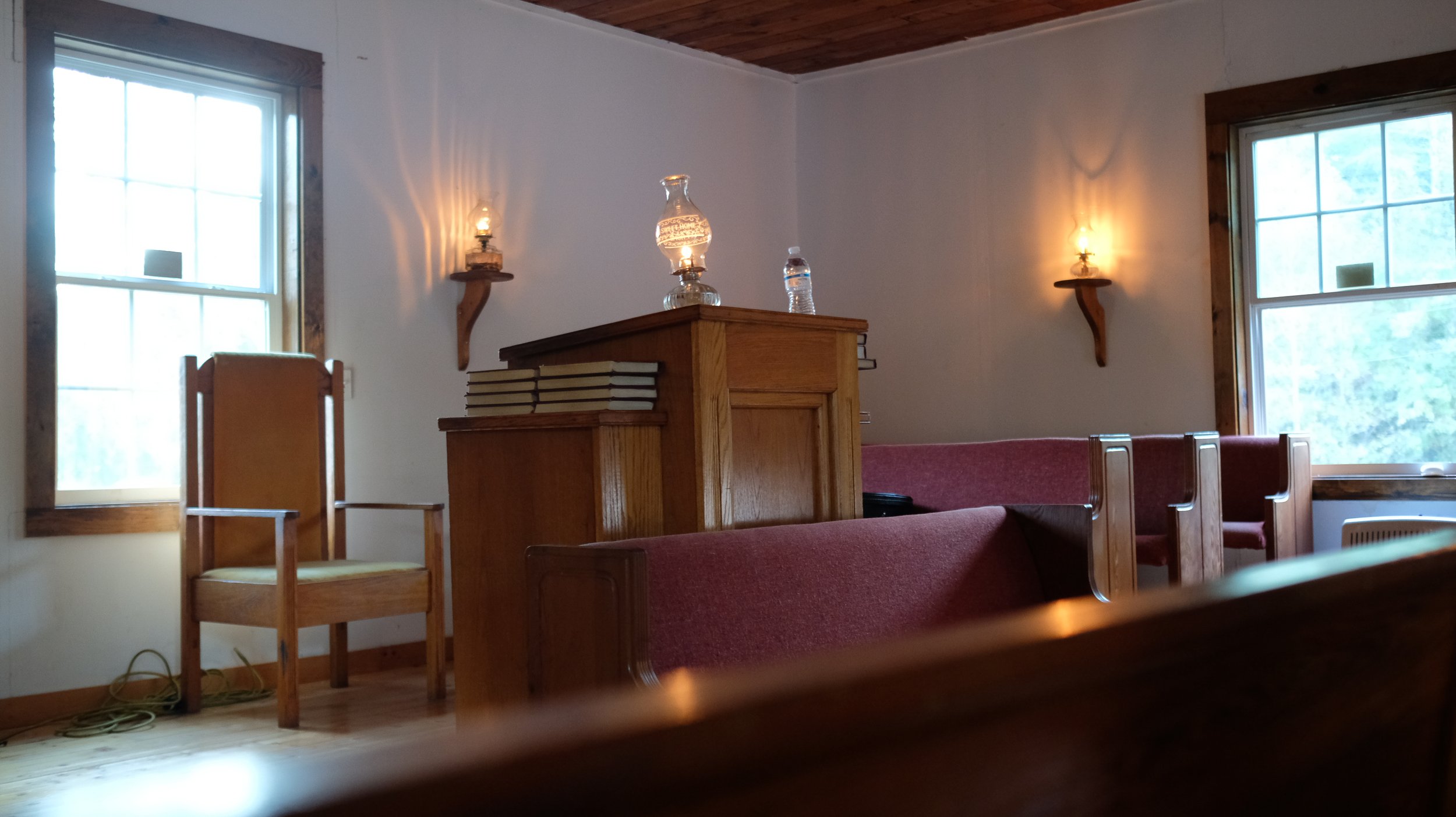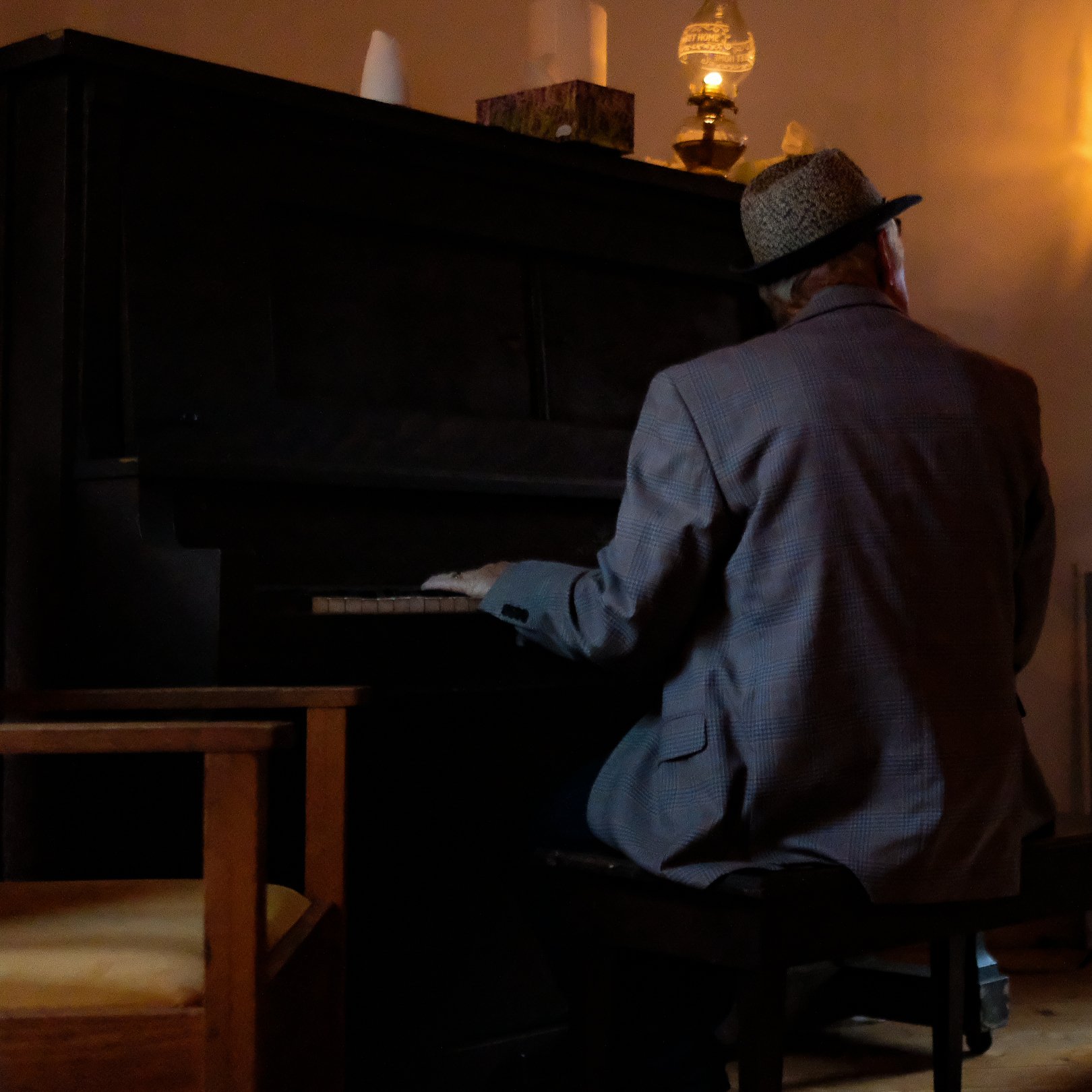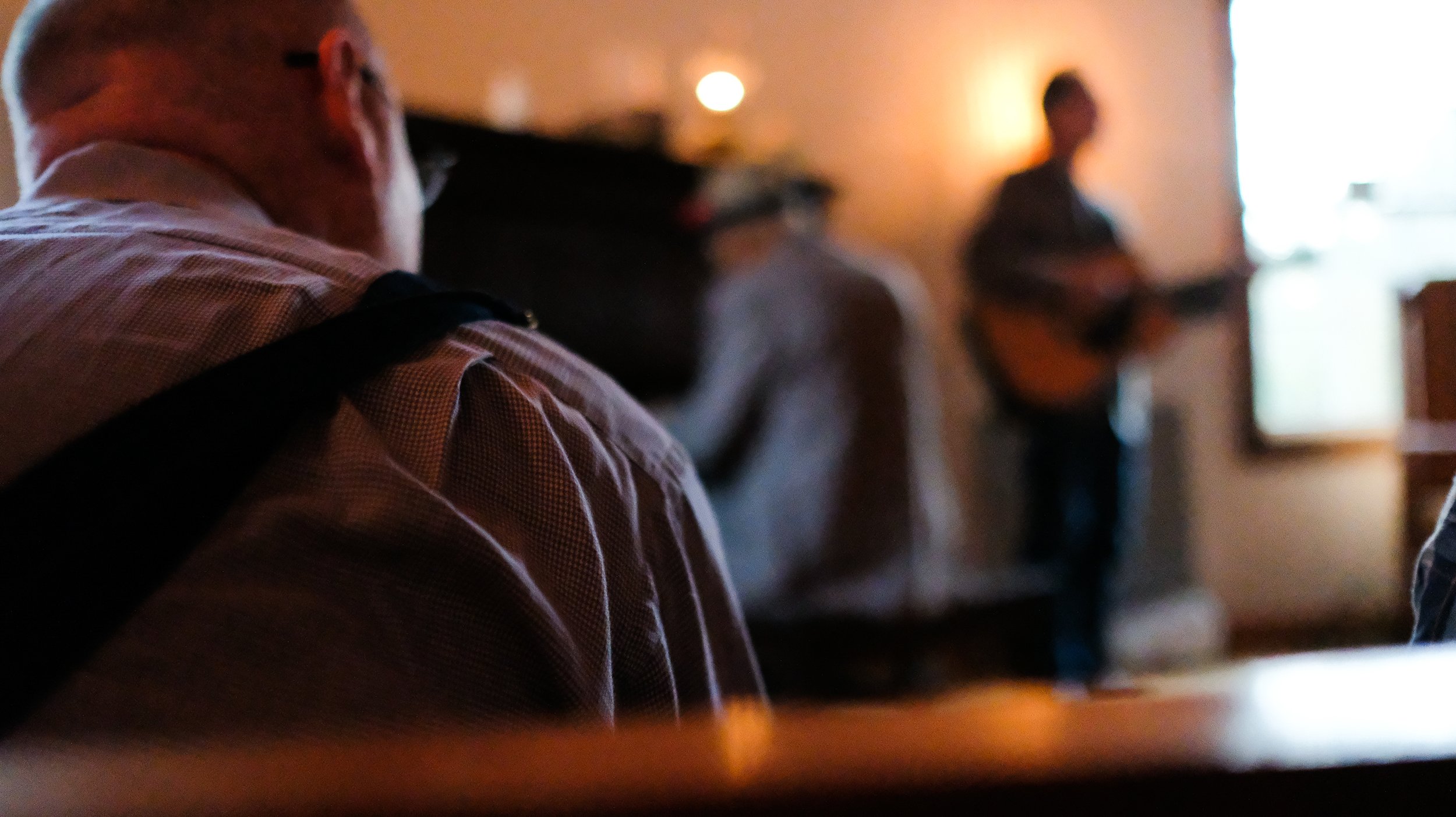
Stories
Where Everybody Knows Your Name
Making your way in the world today
Takes everything you've got
Taking a break from all your worries
Sure would help a lot
Wouldn't you like to get away?
Sometimes you wanna go
Where everybody knows your name
And they're always glad you came
You wanna be where you can see
Our troubles are all the same
You wanna be where everybody knows your name
Counselor Curt Thompson has written that everyone comes into this world looking for someone looking for them. That’s not just psycho-babble. That’s biblical. We were created to have the face of God’s pleasure constantly shining upon us. We were created to know His deep, deep love for us and to live out of the brilliance of that love. No shame. No fear. Just pure enjoyment in His presence as we work, rest, play, procreate, and relate to one another.
The face of God’s pleasure was lost in the fall of man when we chose to go our own way and seek our pleasure elsewhere. Ever since, we have been trying to get back to that inherent desire for unadulterated love. We are constantly looking for someone looking for us and not finding it anywhere in this world.
The Christian finds the pleasure of God’s face in Jesus Christ who came, not to condemn the world for their turning away from Him, but to rescue the world and bring it back into God’s pleasure. God the Father turned His face away from Jesus when Jesus took on our sin, so that our sins would be forgiven us and we could once again be loved fully by the Father. The gathering of Christians (The Church) is to be the place, although imperfectly, where people experiencing the face of God’s pleasure display it for others.
What about those who don’t know Jesus? All people long for someone (and someone’s) looking for them. Some are finding each other in places like the famous T.V. bar on Cheers. It is quite a rush when you walk into your favorite watering hole and hear your name known and shouted with a welcome from other patrons. Like Norm, and Sam, and Cliff, and Carla, and Woody, and Diane a bar can be a place of shared stories and camaraderie and celebration.
A glorious welcome should be one of the most obvious characteristics of the local church for the believer in Jesus and, even more so, for the skeptic and the non-Christian who is looking for that Someone looking for them. The Church is made of people with the greatest possible common denminator . . . the body and blood of Christ given for them. If the Church is to be the face of Jesus to others, we need more of Him and less of us. We are the Heavenly Father’s adopted children. We are brothers and sisters with Christ as our elder Brother. Can we be the people who bless others through the blessing we have received from Christ’s glorious gaze upon us?
Sticking My Confidence Where It Belongs
Since the first Monday in December of 2024 I have been frequenting a gas station and biscuit stop where blue collar men and women fuel up for their work day. For any who show, I offer a five minute prayer over them for their week ahead. As a springboard for the prayer time, I read a passage out of John’s gospel, give a quick explanation, and pray. It has been a sweet time getting to know folks week after week.
Recently, the Scripture I read and prayed has stuck with me like cockleburs on shoelaces. It’s not a passage anyone would necessarily tag as their life verse or magnetize on their fridge. It comes after the more exciting events of Jesus’ first miracle of turning water into wine and the overturning the tables in the Temple. This is what we read next:
“Because of the miraculous signs Jesus did in Jerusalem at the Passover celebration, many began to trust in him. But Jesus didn’t trust them, because he knew all about people. No one needed to tell him about human nature, for he knew what was in each person’s heart” (John 2:23-25).
The Scottish Psalter incudes Psalm 146 as a hymn for God’s people to sing. Verse one encourages us, like Jesus does in John 2, to not put our ultimate confidence in people:
Hallelujah, praise Jehovah,
O my soul, Jehovah praise;
I will sing the glorious praises
Of my God through all my days.
Put no confidence in princes,
Nor for help on man depend;
He shall die, to dust returning,
And his purposes shall end.
What does it take for this hard head to grasp that? How many betrayals from fellow men and how many of my own betrayals will it take to root this deeply in my heart and for me not to reel from the exposure?
In the three churches I have pastored someone (and someone’s) I have trusted have deeply wounded the ministry and me personally. I am sure that I have done the same either by commission or omission. The hurt doesn’t lessen the older I get, but it does actually begin to turn my heart more to Jesus, expect less of mankind, and long for His kingdom to come in its eternal fullness. Neither the world nor the Church is a safe place. The Church on earth is not a safe place because it is filled with people just like me who are still wrestling with their sinful desires, throw tantrums, and stab each other. Why should I expect perfect peace in a place and with a people who are not yet made perfect? Does this mean the Church shouldn’t be sought and membership in her should be cast aside? Nope. The Church is Christ’s Bride. He loves her. I should too. He loves, pursues, and woos His adulterous Bride over and over again. Isn’t that why we need faith? Faith looks through the gloom and the suffering and the affliction to the better ending. It means that the good news needs to be taught and displayed all the more as Christ continues to love her. It is through the Church that we receive wounds AND healing:
“He gave up his life for her to make her holy and clean, washed by the cleansing of God’s word. He did this to present her to himself as a glorious church without a spot or wrinkle or any other blemish. Instead, she will be holy and without fault (Ephesians 5:25-27).
Presently, we are being washed. That means that, until glory (note: will be), we have grime that needs scouring.
So be truly glad. There is wonderful joy ahead, even though you must endure many trials for a little while.These trials will show that your faith is genuine. It is being tested as fire tests and purifies gold—though your faith is far more precious than mere gold. So when your faith remains strong through many trials, it will bring you much praise and glory and honor on the day when Jesus Christ is revealed to the whole world (1 Peter 1:6-7).
Church hurt hurts. It hurts deeply. But our wounds to Christ were deeper. We killed Him. And through those very wounds and death we are healed and we will live.
Have you been wounded? Have you wounded? Of course you have. These are temporary afflictions in a temporary time and place. I wrote these things because I need to write these things for my heart to remember: Put no confidence in princes, Nor for help on man depend, rather, praise Jehovah resting your confidence on Jesus who is the Author and Perfector of your faith.
Master of None
You may have heard the phrase, “Jack of all trades, but master of none.” Does that describe you? Is that a source of frustration?
God may be equipping you as a relational connector for His kingdom’s sake.
I have always admired friends who have a skill that transcends mere hobby and moves into the realm of expertise. One friend can look at the fretboard of a guitar and understand it like an English teacher looks at a grade school reader. Thus, playing the instrument comes easy to them. Another friend makes bamboo fly rods that sell into the thousands of dollars because he has the ability and patience to create beautifully intricate rods at the exact weight, length, and stiffness that the customer desires.
I, on the other hand, have had days where I have despaired of my many pathetic attempts to become an expert at anything. I have a lot of mediocre hobbies and skills but no real expertise.
For instance, I’ve been playing instruments since I was in junior high but I’m not really very good at any of them. If you tell me to take a solo on the mandolin I’ll just stare at you blankly. Ask my wife and she’ll tell you that I’ve had a thousand interests and hobbies from beekeeping to boat building yet nothing has floated to the surface of expertise.
I’m not alone. I have shared my demise with others and had them commiserate with me. They too feel like the misfit toy among the G.I. Joes and Barbees of skill sets.
Age, wisdom, and sanctification have changed my mind. God has created me like I am and it has served well for His kingdom purposes.
I am a pastor in multiple rural settings where I get to travel to those areas and build relationships. A barrier I encounter is being an outsider. Even though I grew up just two hours from here, there are folks who have lived in these hollers and hills for generations. I grew up in suburbia where these folks grew up rural. I grew up white collar where these folks tend toward blue collar. I have learned that to get to know people I need to connect on interest rather than on upbringing.
Because of my many interests, and curiosity about those interests, I can more easily relate to strangers. I can find common ground on many, many topics because I have studied and experienced many, many topics. “Oh, you enjoy turkey hunting? Let’s swap stories of past hunts.” “Oh, you dabble in woodcarving? How did you get started? Have you seen the Doug Linker videos on YouTube?” “Oh, you have a smoker? What’s your brisket method?”
These interests have led me into a multitude of relationships over the years where I get to serve others as I serve Jesus. Are you one who gets frustrated with your lack of mastery over any particular thing? God may be equipping you to step out in faith to build relationships with others for His glory and His kingdom.
The Importance of Developing Relational Webs
Spiders give me the creeps. Yet, I also admire them. (See my childhood story HERE.) We’ve all walked out on a dewy morning and witnessed what we did not see the evening previous; an intricately patterned geometric design secreted from the butt of an arachnid. Fascinating.
In small town ministry I have been witness to the importance of a different kind of beautiful and fascinating web. Rather than a web to trap and devour, it is a web that brings life. It is pieced together one person at a time over many intentional and unintentional encounters, multiple conversations, and life together in laughter and mourning. It involves biscuits, and BBQ, and post offices, and laundromats, hunting stories, and cornbread and veggie plates. The web grows and spreads across socioeconomic, political, and ethnic boundaries.
When Holly and I moved to the area we had one contact, sent via email, through someone we had never met. Where and how do we start building relationships? Let’s start there. We met Debbie. Debbie introduced us to Bryon. Bryon introduced me to Will in Mineral Bluff and Betsy in Ellijay. Will, a longterm local, has become a good friend who has introduced me to countless others in a community that is suspicious of outsiders. Just this week I met his brother-in-laws brother who works at a gas station where I host a prayer time where I also ran into Jeff, the new owner of the laundromat where I have gotten to know Tammy, Jatha, Ashleigh, and Howard. You following? Oh . . . and Betsy, like Lydia in Philippi, became the epicenter for a church that now exists in Ellijay. Through her we met Craig and Hannah, Donnie and Caroline, Greg and Mary Jo, Brandon and Daisy, Art and Angela and Liam . . . . shall I continue?
I am convinced that being consistently present over the longhaul and engaging people with questions of curiosity strings together relationships that make up a wider, stronger, more glorious web and can lead to vital ministry in any culture. This is not unique to small towns. Take your street or neighborhood or burrow or hamlet or village and you will find that, with just a smidgeon of relational moxy (stepping out in faith), the Lord can use you as a catalyst for creating your own relational web for His glory and the good of those with whom you grow into deeper community.
Breaking The Area Code
In some instances area codes have become a part of our historical record. I grew up in the 615, further educated in the 601, took my first church pastorate in the 501, transferred 8 years later to the 864, assisted in the 225, and have landed in the 706. With the advent of cell phones, an area code can stay with you no matter whether you still reside in that area or not. In fact, it’s easier to retain your area code rather than go through the mess of letting your contacts know you’ve changed your number. When I moved from a city in South Carolina to a city in Louisiana it was no big deal to retain the South Carolina area code. Baton Rouge was a college town, so a wide variety of area codes was expected and normal. Like a tattoo, they can serve as a reminder and an opportunity to tell a story from the past. For us, 864 was a marker for a time and a place and a people where our young kids grew up, friends were made, and our faith was tried and tested and grown. It was also the place where the area code shook loose from place of residence since phones were located in your Levis™ rather than on your kitchen wall. Nevertheless, an area code can bring reminiscence, encourage a sense of pride, or summons a haunting ghost of failed relationships past.
706
That retention of an area code changed when I moved to a small mountain town to minister in a very local place to a very local people. Here it has, as an outsider in perpetuity, become beneficial to erase that past prefix and embrace a new local number. To have an area code outside the area can be a negative where local pride digs in and doubles down in an attempt to curb the tide of outside change (especially if the change is from 954). Apparently there is no name the mountains aren’t calling.
Here, an area code is less a marker and memory of where you have been and more a family tie. It’s a team uniform and a mascot uniting a town, county, or region. It forms alliances, can encourage prejudices, and gets a voice rather than a voicemail. It fetches discounts and smiles and a seat in an over-filled restaurant.
For building relationships, a local area code can more efficiently break down barriers. Suspicion of an outsider takes much longer to overcome with a foreign number. It raises eyebrows and questions. Are you passing through or are you committed? Is this your second home (second rate) or place of permanence (first rate)? Are you here to change our place, pillage our land, and raise our taxes? Are you here to exploit the people and overburden the landscape? Are you here to tell me what I can and cannot do . . . how to raise my dogs or where I can shoot my gun or explode my Tannerite™?
Obtaining a local area code can answer some, if not all, of these questions in a three digit number. I am here. I am committed. I want to be a part. That speaks volumes in a suspicious culture.
Count The Casts Not The Fish
Beetle Spin. Whopper Plopper. Wacky Worm. Bomber Badonk-A-Donk. Whatever lure you throw, patience can be a fisherman’s greatest strength.
Lately I’ve dubbed some of my Fridays as “fishing Friday.” I take the morning to explore new waterways and attempt to sample their fishery populations by means of rod and reel. I’m not after trophies. I don’t generally keep the fish to eat. I’ve simply enjoyed being on the water and catching whatever might fall for my clumsily presented bait. I’ve lost many lures, broken a rod, and said a few choice words under my breath, but overall these Fridays have been productive and refreshing. They have settled me into enjoying the process, admiring the amazing colors of each catch, and taking a deep breath.
It would be dishonest to say that I don’t think about the potential amount of fish I could catch or the possibility of landing a lunker. That thought is always present. But a full stringer of hawgs is rare.
The same is true in ministry. As a parish pastor, I long for the door to be cracked slightly with an invitation into someone’s life. That invitation often takes many, many moments of being present, asking questions, listening, and waiting. Sometimes it’s a just a nibble, but even that holds hope. The idea of being present over the long haul is what Brad Roth, a Mennonite pastor in rural Kansas, suggests as “counting the casts not the fish.” I like that metaphor. It helps bring expectation into the mundane. It settles me down to reality like a fisherman leaning back in his chair anticipating a long afternoon.
Small town ministry is probably not going to fetch a mega-Church, but constant presence eventually builds relationship and can lead to a healthy parish ministry where your community begins to see who this Jesus is. Pull up a chair, cast again, and again, and again, and again. Watch and see what the Lord does. Futility doesn’t exist when Jesus is at hand in ministry.
Cast Iron Chicken And Blessings
Something I've learned through the years about cooking chicken in cast iron is that it needs to cook on one side until it's ready to flip. Well . . . when is it ready? Answer: When it's ready. Chicken sticks to the cast iron and if you flip it too soon, some will stick to the skillet and you'll be disappointed with the results. If you're patient, it will eventually release on its own leaving a beautiful brown external and perfectly cooked internal. Though the smell and visual may be enticing, let it do its own work!
I'll tell you a little bit about Carla. Carla is a bartender. She is the beautiful daughter of a white mother and African American father. She's from Maryland and followed her ex-fiancee to a small Tennessee town. He then dumped her and left her in a depressed little place where African Americans are a rare occurrence. Carla has amazing tattoos. When asked about them, she goes almost silent. "They are a private scrapbook." This wasn't the first time I asked about them. The first encounter she was even more deflective. I didn't press. Over the course of our third encounter she opened little by little and explained her Pentecostal background, her commitment to Wiccan ideology, and the tattoo on her right arm representing her departed grandmother. I didn’t press further. She hasn't let go of the skillet yet. When will she be ready? When she is ready. If she is ready.
I’ve wrestled a bit with what it means to speak a blessing over someone. As I've been processing that idea of blessing being a "granting someone favor," I'm beginning to realize that blessing can be shown in many forms. Yes, you can actively say a blessing over someone; i.e. "You are dearly loved." Is there more to how a blessing is bestowed?
Maybe you can passively give a blessing just be being in someone's presence with a listening ear. I hope I have been a blessing to folks like Carla. I'm there with no agenda but to listen. At least, that's the agenda I want to embrace. I hope that's a favor to her. If we are honest, I suppose we all need someone to whom we can tell our stories. We long for a blessing from others as a salve to our deepest wounds. My guess is that Carla has turned her insides to the outside in the form of tattoos, not as a personal scrapbook, but as a testimony reserved only for someone (Someone) she can trust with her deepest secrets. That sounds much like what's under my own skin desiring to be confessed, accepted, forgiven, and known.
A third way we bestow a blessing is through body language. If I am distracted and looking over the shoulder of the person speaking, I'm not sure they feel I am honoring them with a favor. I doubt I'm being favorable. But if I give an affirming and empathetic nod, or touch their arm, or even do something as simple as a peace sign as I'm leaving, maybe I've delivered favor. But are these seemingly mundane and simple gestures really blessings? Do they convey favor as God would convey His favor over us in pronouncing His benediction of Christ to us? I suspect so. As Christians we are His ambassadors. We speak and act and gesture on His behalf. We are united to Him and He to us in such an inexplicable way that our very lives are an extension of Him being lived out in the world to others. Perfectly? Certainly not. But maybe He redeems our failures and uses them for His kingdom's sake, our sake, and for the sake of others? My hope is that I am always learning and growing and finding God's grace deeper and greater than I have ever imagined. I hope that when the chicken is ready to release from the skillet, that, if I do not get to witness it, that I was available to be a small part of the process.
Kudzu
Kudzu has been called “the vine that ate the South.” It can grow up to a foot in one day and canopy it’s tendrils over everything in its path. To say that Kudzu is an invasive species is like saying Martin Short is a little dramatic.
Like kudzu, bad theology creeps its way into homes, devours families, and kills the surrounding culture. How? It’s a shallow view of the gospel that can depend more on fear and shame as its mode of operation than hope. I witness this every day as I visit these small communities in Southern Appalachia.
Before I moved to these hills, I was told that small towns and rural places, though dotted with churches around every bend, were gospel deserts. Upon our arrival my wife and I couldn’t get away from gospel talk. It was in the music at thrift stores, around diner tables, and even in a local brewery. I began to doubt that we had moved to a place that needed Jesus . . . until we started visiting churches.
I want to be clear as I write this . . . Jesus is preached in many of these churches. Very emphatically we are told that we need Jesus and that He is the only way to salvation. But much of what we have heard is a half gospel. It’s half the good news. What is desperately lacking is a gospel that transforms lives through and through with a robust message of healthy and vital sanctification, or, growth in a relationship with Jesus.
Paul wrote to the churches in the region of Galatia (now Turkey), confounded by their lack of trust in the complete sufficiency of Christ’s life, death, and resurrection on their behalf. Their particular temptation was to listen to some Jewish folk who thought that to be a true follower of Jesus meant you also had to have the mark of a Jewish person . . . you had to be circumcised. Paul says that if circumcision is a requirement for salvation than you might as well cut yourself off from Jesus (Paul is quite the wordsmith):
“O foolish Galatians! Who has bewitched you? It was before your eyes that Jesus Christ was publicly portrayed as crucified. Let me ask you only this: Did you receive the Spirit by works of the law or by hearing with faith? Are you so foolish? Having begun by the Spirit, are you now being perfected by the flesh?” (Galatians 3:1-3 ESV).
“I wish those who unsettle you would emasculate themselves!” (Galatians 5:12).
Is Jesus sufficient or not? That’s the question at the root of Paul’s concern. Writing to the young pastor, Timothy, he says that there are those in the church who deny the power of Christ (2 Timothy 3:5) because they are adding their own power, as if their contribution makes the gospel better. They may be teachers, disciples, and professors of Christ but they are missing a vital component of who He is! They are attempting to add to what Christ did, thus diminishing the fullness of what He accomplished. Just because your vehicle needs oil, it doesn’t make your car run better by putting more oil than is necessary. In fact, it harms the car.
What is the harm done? If we are dependent on our flesh to perfect ourselves then we will produce a veneer of spiritual fervor undergirded by deep-rooted anger, bitterness, jealousy and outward works of gossip, backbiting, and self-righteousness. To maintain our outward appearance we must protect and defend at all cost leaving a wake of the destruction of others.
How do we beat back this deathly vine? It must be devoured, roots and all, by the truly powerful and sufficient fullness of Christ. That is the only remedy.
We must preach, teach, and lead people to Christ’s “It is finished” and away from their, “I can do more.” We must remember what Christ has fully accomplished and live in the freedom of that accomplishment.
These Inefficient Mountains
At a pastor’s gathering in the heart of downtown Atlanta a few months back, a friend of mine had come through our area en route to the gathering. Chuckling, he commented, “Mountains are so inefficient.” I get it. And . . . his comment triggered some thoughts.
Roads are relentlessly curvy. Cell calls are dropped frequently. Emergency services are limited. No one goes back to town after they go home for the evening. Four wheel drive is, many times, necessary. Your GPS route says 15 miles equals 40 minutes. Mountains are inefficient if you are attempting efficiency.
What is efficiency? One definition is “maximizing productivity with minimum waste of effort or expense.” Ministering within many contexts (maybe all contexts?), like the mountains, means embracing the inefficiency.
Twenty-first century church planting seems to accentuate efficiency. In the denomination in which I serve, a common practice I have witnessed is that a church planter is given three years of partial finances (the rest is raised by the church planter) before their core group should be self-sufficient and able to support a pastor and ministry budget. There is pressure to be producing and to be efficient.
This race to procure a fast return on investment, I believe, encourages re-gathering Christians from other churches and communities to start the church. When this occurs, the pastor and church become more about indulging the past re-gathered Christian’s experience with church offerings for their children, women, and men than about building relations with those who do not know Christ, introducing them to Jesus and His Church, and discipling them toward growth in grace. Often, the “maximizing productivity with minimum waste of effort and expense” becomes, simply, “maximizing productivity.” No expense of time, energy, or resources is spared as the church becomes ingrown and the pastor worn out as soon as it is up and running.
In this mountain context there is a forced slow-down. This snail’s pace has been a welcome and beneficial mode of operation for ministry. I’m finding that the inefficiency has actually provided mental space and heart space to learn the culture and people in a deeper and more reflective way than I have previously experienced. Drive-time has forced me to pray more and dream more about ways to serve these communities. I’m having more and longer conversations with people over coffee, in parking lots, and in driveways.
When did pastors lose the time, space, and ability to be present without the pressure of producing quick results and more “ministry programs?”
It has not been easy to adjust. I find myself trying to hurry and get to . . . whatever I feel like I need to get to (usually imaginary) . . . and drop whatever conversation I’m in. It has taken a conscience effort to tell myself, “What’s the hurry?” and live in the current conversation and relationship.
What does inefficiency produce? It depends on our definition of productivity. If it means quickly gathering people together, then maybe the ministry isn’t very productive. But if the definition is building wider, deeper, relationships built on trust, shared experiences, and conversations then the answer is the ministry is absolutely productive.
The produce of inefficiency means that my consistent weekly breakfast spot over the past year sees a single mom and server trust me enough to ask if I can sit with her young daughter until her grandmother arrives to pick her up. The sitter fell through and the breakfast rush is at a high. Inefficiency means a retiree sips a beer and tells me he’s agnostic but insists he’ll be praying a lot on his death bed. It means another single mother confides that much of her thought life is consumed with what her purpose for living is. It is having neighbors invite you into their homes and gatherings. Inefficiency is having a contractor confess his struggles to me and long for renewal. It is a local pastor inviting his deacons to be a part of a class I’m offering after months of earning the pastor’s trust.
If I am going to be an effective pastor in a parish of people who do not believe in Jesus and of those who do, I need to learn the benefit and beauty of inefficiency. I need to listen to the voice of the communities. I need to hear their stories and be a person they know can handle the weight of their stories without shame or guilt.
The Lord hears us. He is patient with us. He is long suffering toward us. Maybe our ministry needs some inefficiency to communicate His character through us.
Come and Die: Something to Live For
My wife and I were visiting friends in one of our favorite towns in the Southeast. It’s a thriving and very hip downtown with a lot of shopping and restaurants and breweries and outdoor recreation opportunities. As we were leaving, we stopped by a coffee shop to grab a bite and a cup of life-blood.
Can you over hype coffee and donuts? After our experience at this quaint shop, my answer is “yes.” The coffee was some sort of fair trade organically grown bean from some far off mystic land with pink monkeys and Dodo birds. It had notes of . . . . acidity and blah. My donut was coated in delightful pistachios and green frosting and was absolutely . . . bitter. Two bites in and we both threw away our over-priced treats and drove away staring into an abyss of unfulfilled expectations. I couldn’t help but wonder if the people with whom we shared the space laughing and smiling were also secretly regretting their purchases but unable to bring themselves to admit we’ve all been duped and we are all pretending that this is superior to Eight O’Clock and a Hostess frosted honeybun. Staring into cold wiper blades, my wife said, “The emperor has no clothes.”
Are we giving church members and onlookers the same? Are we dispensing enthusiasm and joy hoping they’ll see past the veneer of a broken world and stick to a pew for a while? Maybe tithe a little while here? Are we promising that, yes, really our children’s ministry is growing and we are waiting while the new van gets to the dealership to spark our seniors ministry? “Glad you asked. Our next outreach team meeting is coming up and that very topic is on the docket.”
But Jews came from Antioch and Iconium, and having persuaded the crowds, they stoned Paul and dragged him out of the city, supposing that he was dead.20 But when the disciples gathered about him, he rose up and entered the city, and on the next day he went on with Barnabas to Derbe.21 When they had preached the gospel to that city and had made many disciples, they returned to Lystra and to Iconium and to Antioch,22 strengthening the souls of the disciples, encouraging them to continue in the faith, and saying that through many tribulations we must enter the kingdom of God.23 And when they had appointed elders for them in every church, with prayer and fasting they committed them to the Lord in whom they had believed.
Did you hear that? Paul was beaten so badly they left him for dead, got up, and hiked 60 miles to another town to keep telling people about Jesus.
Without a mocha Java and savory pastry?
I wonder how much we’ve undersold the cost of discipleship to would-be pastors therefore, in turn, our people. Have we promised coffee shops and craft beer and glossed over Jesus’ tears and blood and follow me and you’ll be persecuted and die a thousand deaths? Have we really given ourselves and our people something to LIVE for?
Memorial Day had me thinking; it’s the sacrifice that drives men (granted, not always) to be willing to serve and die for something they believe in. Maybe we’re not seeing more pastoral students because we haven’t expressed the cost enough? Maybe the deaths they see pastors (like me) dying for are family feud deaths, not proactive missional dying. Maybe younger men and women look at the church as anemic and think, “What’s the use? Who wants to die for more programs, small groups, COVID protocols, and fellowship meals?” There’s something about extreme cost in shared mission that is actually attractive . . . right? How much more so when it’s actually, not figuratively, the risen Savior we are following to death?
I do think the gospel is being preached. I also think we are preaching the gospel to ourselves over and over and over again in better and more beautiful ways. We’ve really got the gospel down. But are we exercising the faith that will take that gospel to people who haven’t heard it so that we have a common, compelling, working mission?
I’ve pastored a small church (60-80) and a medium sized church (200-300) and incurred some pretty severe wounds. So severe that I almost left the ministry altogether. Those were wounds inflicted by me and members of the churches over methodology. And honestly, these were mostly re-shuffled Christians from other past churches.
I’m currently working with a core group (re-shuffled Christians) developing a new church. We are wrestling through what our core values will be. Of course, being outward focused is at the top of the list. My wisdom-filled wife made the comment to me, “What church have we ever been involved in that was actually outreach focused?” That kinda stung since I had pastored a couple of those. As a friend noted, “whiteboards lie.” We can come up with all the tricks and programs and aspirations we desire and still be inept at befriending the friendless.
I heard a statistic this week that it would take 10 millennials to make up for the financial giving of one baby boomer. I believe it. I mean . . . coffee and donuts are expensive in these shops. But I don’t blame them. What have they been compelled to give towards besides their voracious and expensive desires? What have I communicated and toward what have I truly lived?
Could this be a result of not having a mission worth dying for? Or professing a Savior who bled and died, yet not following said Savior? Are we coddling and begging consumers who come to us with loads of better suggestions and excuses and not going to the highways and hedges where the people dwell who have never heard good news of the gospel? Do we walk past DQ for the greener bean of a Mystic Coffee?
I’ve spent a lot of time licking flesh wounds thinking they were the death of me. That’s not death. Death is a spear in the side, body weight tugging on wrists nailed with railroad-like spikes, and the face of all your friends and your Father turned away.
By dying to self and living by faith in Jesus, we actually find true life. And so do others.
Onward, Christian . . . ?
These Wholesome Towns
Verdant hills. Meandering streams. Bucolic fields. Local high school football. Sunday school dresses. Fried chicken. Homecoming. This is small town life . . . Right?
Hiding from that suicide
Painting houses, getting by
I read that book just like they said
Tried my best to raise the dead
But there's cracks in the walls in every room
Sweating and bleeding just like a wound
Just like a wound
Put me in a ten-by-ten
And let me sit with all my sins
Cigarettes and dirty pictures
Dreaming of that forked river
You can’t fill me up with your false hope
It won't never sink into my bones
I spoke them words just like you please
Tried my best to keep it neat
But there's holes in the floor right where we stand
Don’t tell me 'bout your promised land
Your promised land
Put me in a ten-by-ten
And let me sit with all my sins
Cigarettes and dirty pictures
Dreaming of that forked river
- 10x10, Pony Bradshaw
Pony Bradshaw is a very geographically powerful songwriter. North Georgia is not only his home but his lyrical backdrop for a dramatic culture pockmarked by a cocktail of religion and addiction. His words strike hard and hit deep. He seems to understand the shallow religiosity that fills the coves and shrieks from the mountaintops leaving behind even the closest of kin wondering what went wrong.
Richard Lovelace, in his book, Dynamics of Spiritual Growth, writes,
There is a deep and indissoluble connection between our appropriation of justification and our experience of sanctification. On the one hand, the conscience cannot accept justification without sanctification. Assurance of justification which penetrates and cleanses our consciousness of guilt is impossible to obtain without an awareness that we are in some measure committed to progress in spiritual growth. This assurance increases as we move forward in sanctification and weakens or vanishes as we move away from the light of holiness (2 Pet. 1:2-11)... On the other hand, the conscience cannot accept sanctification unless it is based on a foundation in justification. When this is attempted the resulting insecurity creates a luxuriant overgrowth of religious flesh as believers seek to build a holiness formidable enough to pacify their consciences and quiet their sense of alienation from God.
Unpacking that hefty quote we see that if a Christian attempts to grow without her roots deeply grounded in the fact that she is accepted in Jesus, on His merit and His righteousness and not her own, she will attempt gaining holiness through outward action and appearance. It’s an attempt to clear her conscience because she knows she is far from holy. The thought is, maybe covering up guilt and shame with good works will help. The result, unfortunately, is building a self righteousness that can be very ugly. It leads to a judgmental spirit, anger at how life is going, hypocrisy, and unrepentant sin . . . All under a thin, but colorful, coating of religious behavior. Jesus described the Pharisees as “whitewashed tombs”; painted on the outside but dead inside.
Jesus pointed out this danger in His parable in Luke 18:
9 He also told this parable to some who trusted in themselves that they were righteous, and treated others with contempt:10 "Two men went up into the temple to pray, one a Pharisee and the other a tax collector.11 The Pharisee, standing by himself, prayed thus: 'God, I thank you that I am not like other men, extortioners, unjust, adulterers, or even like this tax collector.12 I fast twice a week; I give tithes of all that I get.'13 But the tax collector, standing far off, would not even lift up his eyes to heaven, but beat his breast, saying, 'God, be merciful to me, a sinner!'14 I tell you, this man went down to his house justified, rather than the other. For everyone who exalts himself will be humbled, but the one who humbles himself will be exalted."
Pony Bradshaw also sees, feels, and delivers this all-too-common storyline in his music:
We throw paint on the canvas
And call it post-modernistic magic
On my Christ-haunted shoulders
I carry Jehovah like a soldier
- Jehovah
In these lyrics he echoes Flannery O’Connor when she writes, “. . . I think it is safe to say that while the South is hardly Christ-centered, it is most certainly Christ-haunted.”
What happens if a church culture feeds on such false pretense? The good news of the gospel is exchanged for following impossible rules. It is an impossible yoke to bear. Those who give up on attempting to live out the oppressive and impossible holiness are cast out, demonized, and cut off. Many of the hurt are left battered and abused and seeking refuge in sex, methamphetamines, and the evil’s of drink about which they were so often warned from the pulpit. The very preaching against these abuses can be the actual catalyst for these abuses. The message is certainly a concoction for running away from the church and it is prevalent in rural settings.
What is the solution for the brokenness? The message delivered must change. That message must be the truly good news of the Bible not more bad news from abusive people.
John 3:17 tells us the heart of God: “For God did not send his Son into the world to condemn the world, but in order that the world might be saved through him.” Here it is in the King James version: “For God sent not his Son into the world to condemn the world; but that the world through him might be saved.” Jesus is a Rescuer.
The message of rescue comes, not through external performance of duties and rules, but through heart transformation. That starts when we realize we cannot truly and fully do anything to merit Christ’s love. His grace is unmerited. We simply trust that Jesus is our righteousness, not we ourselves. When we grasp the depth of His grace on our behalf, it is a luxuriant growth of gratitude that begins to mark our lives. Rather than being judgmental, hypocritical, and mean, we become merciful, compassionate, and kind. It is from the springboard of our justification (the act of God’s grace in Jesus) that we are propelled into our sanctification (the work of God’s grace through Jesus).
Pony Bradshaw’s songs resonate through these hills. May the depth of the despair and trail of tearful spiritual abuse be healed through a greater message of hope in the perfect righteousness of Christ on our behalf. Then, living by the forked river of Eden will not be merely a dream, but a reality by the true river of life (Revelation 22:1-5).
Ballhootin
It’s a new term to me. A farmer was explaining to me that ballhootin is the local term used for a tractor skidding uncontrollably down a slick, wet hill. The driver can do nothing but hope it settles at the bottom with no consequence. In many ways our ministry relationships feel like we’re ballhootin.
We’ve gotten to know Lonz and Bessie. We’ve shared meals, kayaked together, and laughed loudly. We’ve had good conversations. Holly was able to share the good news of Jesus kindness and rescue with Bessie. She’s hesitant. That’s O.K. Where will those conversations lead us? We’re not in control.
Zack and Jon own a brewery. I go there once a week. It’s a part of my parish. It’s taken a year but recently they’ve asked for me to play banjo and I can now purchase chips, which means, I’m considered a local (by them) and can get my beer cheaper. Believe it or not, that’s huge progress. Zack recently opened up to me and told me is is not a Christian but he and his wife met because her parents were missionaries to the country from which he comes. That conversation is ongoing.
Clay is a local 6’6” three hundred pound contractor. His father left when he was young. Further, he was bullied for his size through his years of school and he is still haunted by it today. He wants to meet every week to talk. Where will this land?
Dear friends,
I love giving updates about Rural Church Development. I look out at my weeks and months before me not knowing how the Lord will work through what seem like silly and feeble efforts. I mean . . . building relationships with people by just being with them consistently and listening? How will that produce anything? How will Christ build and equip His Church that way? I look back on my weeks and months and find my mouth wide open in astonishment. Here is the latest:
Cartecay Gathering
Since Sunday, February 5, a sweet group of about 30 people have been gathering in Ellijay, GA at a community playhouse right off the downtown square. We have a steering team of five couples that are currently working through developing a mission statement and core values. It has been a delight to work with them, hear their dreams of a healthy church, and worship with them every Sunday. Yes, I am back to preaching every week until we find a church planter for this work. I haven’t minded it in the least! This is our church home and will continue to be.
Interns?
Many of you know about Will Davis. He is the young, local, multi-vocational Baptist pastor who is an intern with our presbytery and taking online seminary classes. As I am typing this, a church is meeting to call him as their pastor. He has had several churches in the area interested in him as their pastor (See the story HERE). His preaching and pastoring abilities have increased tremendously as he has started seminary and we have met weekly together. Please pray for Will as he grows in his understanding of his mountain Baptist culture and how best to minister while managing one thousand homes with his waste management business.
Besides Will, there are three more young men who are interested in pursuing some form of ministry. Two of these men grew up locally. One is supporting his family of five on an assistant 3rd grade teacher salary. The other is a newlywed trying to establish his own handyman service after the family business closed. The third grew up outside of Atlanta and is currently supporting his own family of five as a manager of a toy store. We meet regularly to pray, learn, and grow together. Please pray for these young men as they discern a potential call to ministry.
Rural Church Institute
Rural places often get the least of resources. That includes theological and practical. Rural Church Institute is a certificate program that I am developing to help men and women in the area to grow in their understanding of the Bible and practice. There is a real disconnect between what it means to know Jesus and how to live out the Christian life in a healthy and winsome manner. In May we will begin our first ten-week course. The first course is “How the Gospel Changes People.” Please pray that this course will be fruitful and be a resource for coming alongside the community.
Upon finishing the ten-week course, each participant will receive a certificate. They will then have the opportunity to take the next course.
Scaling the ministry
Can, or should, what we are doing here be duplicated elsewhere? I have had several conversations with folks from around the country about how this model of ministry could potentially help them in their rural contexts. This is a unique place in which I minister, but I do believe there are some principles that can be encouraged in other ministry areas. Please pray for laborers for the harvest willing to think and pray outside our typical methodologies in small town and rural places and for the conversations that seem to be growing.
I sure could use your help
To further ministry, I need to raise a sufficient amount of funds to meet my yearly budget. That budget includes my salary and programming expenses. When I began the ministry, the target number was $175,000/year. It still is. In the year and a half that I have been raising funds, I have reached a total of 156,000. Thankfully, I have been under budget in spending. As ministry needs increase, I’ll need to be financially more consistent. If you are not a financial partner yet, would you consider it? I invite you to read through my other stories and pray toward the potential of partnering with what the Lord is doing through Rural Church Development.
Whether you support the work or not, you are a valued friend. Your interest in the ministry is a strong encouragement and continues to lift my spirits and push me to be a better pastor. Thank you!
The Pelton’s
We are all growing in the respective places where the Lord has planted us. Miller continues to spruce up Tuscaloosa as he sends out men into the community with renewed confidence. His barbering and gift of gab has provided him with a tremendous place to build relationships and minister the gospel of Jesus.
Coffee conversations are blossoming into kingdom fruitfulness as Maggie meets with University of South Carolina students. The staff of First Presbyterian in Columbia, SC are seeing growing conversions and participation as they seek to love college students. Scientific illustration is still an interest that intrigues her. Maggie frequently takes the opportunity to exercise this gift and further her interest.
Lamps, computer mouses (mice?), kayaks, and water filters have never looked so fresh as Miles is about to begin his junior year in the Auburn product design program. This summer he will be keeping Alpine Camp boys afloat as waterfront staff and counselor.
Holly takes on jobs like a dog rescuer takes on fleas. She works part time at two different design stores in downtown Blue Ridge. She is tutoring children virtually who are struggling with learning disabilities. The tutoring agency has also employed her to help with marketing organization. Lastly (I think), Greenville, SC is home to two houses for which she is staging and flipping (virtually).
Me? I sit on the porch swing and play banjo.
Thanks for keeping up with us, y’all!
Mission Values
I was recently encouraged to come up with some values for myself and Rural Church Development. Being in the field and slowly learning about this ministry context, I’ve developed the following list as a start of values that guide my mission with RCD:
Pursuit
God sent Jesus, not to condemn the world, but that the world might be saved through Him (John 3:17). My job is not to shame, condemn, or judge wrongly, but to push into relationships no matter the person or personality. Pursuit of people is what God is using to build the parishes in which I serve. Pursuing people is often awkward and uncomfortable. Yet it’s not because of the people, it’s because I am insecure and have to fight hard, by faith, to move past the awkward. I have found God faithful as He continues to amaze me in the relationships being built.
Presence
By presence I mean consistent proximity with longevity in the places and with the people of rural and small town communities. This means that I go to the same places to be with the same people over and over and over again. Being present consistently means that I get to witness, hear, and be a part of people’s joys, sorrows, and frustrations. I am developing a lasting and heartfelt love for these people. That love presses me to pray that hopefully, in time, they’ll have questions of temporal and eternal things.
Trust
I hope to build trusting relationship, over time, with a skeptical and reluctant culture. “I’m for you, not against you.” It would be easy to blast into this culture with my right way to do ministry and tell the gospel story to the loss of relationship. But that’s a sure way to destroy trust and build arrogance. Most people have had enough of that kind of ministry. Being for people means listening, being patient, and not jumping to demand conformity to my standards or even God’s standards. It means trusting that God is at work far more diligently and effectively than I am.
Worth
Knowing people’s worth leads to a biblical and healthy world and life view. Our culture is filled with Christians and churches who pull away from the culture, thus communicating a message of value only if those in the world clean up or conform to our standards in the church. I need to be for the communities and inhabitants, not isolate from them. Everyone has worth . . . Christian/non-Christian, rich/poor, local/transplant. I am to seek and encourage transformation rather than isolation. Pulling away from people because they sin or are sinners, or aren’t like me in any way, is contrary to Christ who came, not to the righteous, but sinners.
Blessing
This entails listening for opportunities to speak God’s favor over people demonstrating their value as image-bearers of God. I am to seek opportunities to tell people their value, worth, and giftedness. “Everyone is looking for someone looking for them” says counselor Curt Thompson. I want to be that someone for others for the sake of Christ Jesus who came looking for me and who is the ultimate Someone for me and for them.
Thank God For These Baptist Churches
It is 13 miles from Hwy 76 to McCaysville along Hwy 60. There are 7 churches 👆within those thirteen miles. That’s a church every 1.8 miles. Best guess, that number doubles or triples if you take side roads. Not all of these are Baptist churches. Some are Church of God, Holiness, Independent, or other.
The steam was creeping up the floor-to-ceiling windows. The clank of plastic plates and din of conversation filled the space with activity. Coffee, eggs, and sweet syrup filled the warm steam and cleared our pores. Will (our seminary intern) and I were grabbing a late breakfast at Waffle House and talking through ministry options. The options were good. Either one would mean Will was in a church culture which tends to be marked by an insecure and fearful belief system; a place where the gospel is needed as much as it is needed in the unchurched culture . . . just like in my Presbyterian context. In the middle of our conversation, Will said something that struck me as thoughtful and helpful: “Thank God for the Baptist churches which pushed into these mountains.”
I say that I believe God has been at work long before I got here. And I do believe that. But there are times that I backslide into the arrogant trap of thinking I’m a sort of rural savior mimicking Mighty Mouse with, “Here I am to save the day!” How crazy is that? Will was right, of course. These small white and brick buildings dotting the landscape are filled with pastors and people trying the best way they know how to learn about Jesus. And I certainly don’t see any Presbyterian churches. The Baptists have been risk takers, pioneers, and willing to pastor for a pittance. Many are multi-vocational, preaching and pastoring simply because they love Jesus. They are here and they are trying. They are here, and have been here, consistently pointing people to Jesus for decades.
A value that I aspire to fully embrace is that I am here for these people; both the churched and the unchurched, the pastor and the parishioner. A great desire of mine is to be able to come alongside what God is already doing, to listen well, and be a help where I can. I’m certainly no savior. To the area pastors I am a fellow pastor.
Occasionally I get to join with other pastors at a monthly breakfast gathering of the Mountaintown Baptist Association. They have warmly welcomed me, fed me (not healthily but heartily . . . which is a funny word in this context), and have been a wealth of knowledge about the area and culture. In some ways they are more connectional than us Presbyterians who profess to be connected. They have a missional pastor who gathers them together and helps resource and encourage them. He is already doing what I hope to do within this Presbyterian mission as the Lord establishes churches in the area.
I have learned much and have much more to learn. Most certainly . . . thank God for these Baptist churches.
Cartecay Gathering
Signage? √ Bulletins? √ Coffee supplies? √ Clipboards for kids? √ Toys for nursery? √ Bibles? √ Instrument? √ People . . . people . . . will there be people?
Eight years ago a handful of folks tried to plant a PCA church in Ellijay, Georgia. After gathering to pray and having the necessary conversations, a potential church planter visited and passed on the opportunity. Defeated and tired the group dispersed into various existing congregations. When Holly and I moved to the area a year ago we began hearing about that work and caught a name or two of those formerly involved. I knew that one of those people was the owner/operator of Chick-fil-a. I Googled her contact info. Holly and I met with she and her husband for lunch. By June of 2022 we had met several more families, some of whom were a part of that initial group. In July we determined to pray together for three months “for clarity in starting a conversation about a potential church plant.” When the three months were over we gathered in a living room with five couples to hear the heart of the group. They all wanted to take a next step toward a potential church plant. In November we started a Bible study.
We initially met on Wednesday evenings at a senior center in downtown Ellijay. It was only one room but it was free. We now had seven couples and two handfuls of kids. To help the parents with children’s schedules, we moved to early Sunday evenings. A month in and we realized that we needed a larger space in order to invite and accommodate more people.
Our study was foundational. We learned the Church; what it is and its function in the world and community. We talked about its goals and principles and its relationship to the kingdom of God. We prayed about being an outward-facing transformational church rather than isolating from the surrounding culture and community. We dreamed about having a space that was close to downtown where we could visibly show Ellijay that we are for her and not against her.
Within eyesight, and about thirty paces from the senior center, is the George Link, Jr. Playhouse that hosts music, community events, yoga, and plays. It is right off of the downtown square of city center. It has a large foyer with sliding barn doors into the main auditorium which seats about 150 people. What if we moved our Sunday evening Bible study to Sunday mornings and began a small worship service? We could meet in the foyer with the hope that we would grow to need the auditorium. It was not only available to us, they actually wanted us there.
On Sunday, February 5 about 30 people gathered for our first worship service in Ellijay, Georgia.
We are three weeks into doing simple worship and life together. We sing, pray, and open up the Bible for teaching. We determined to not advertise or invite people too quickly so that we could ease into worship, yet every week the Lord is adding to our number.
Engineer, shop owner, organic farmer, social media influencer, retirees, young moms, pool repair . . . these are some of the spaces that our people inhabit . . . the places that the Lord has gifted with these, His friends, for the beauty of His kingdom and the good of Ellijay. Would you consider praying for Cartecay Gathering? We need wisdom on next steps as we begin looking for a church planter, seek to serve in the community, and grow together as a gathering of followers of Christ.
On Being a Parish Pastor
Therefore, if anyone is in Christ, he is a new creation. The old has passed away; behold, the new has come. All this is from God, who through Christ reconciled us to himself and gave us the ministry of reconciliation; that is, in Christ God was reconciling the world to himself, not counting their trespasses against them, and entrusting to us the message of reconciliation. Therefore, we are ambassadors for Christ, God making his appeal through us.
- 2 Corinthians 5:17-20a
I know my calling as a pastor is not typical. I feel the awkwardness of my call every time someone asks me what church I pastor. I do not pastor a particular church. My call is to visit multiple communities weekly in order to build relationships, begin gathering those who are desiring to know about the Bible and it’s teaching, and eventually begin seed works in those communities for a pastor to start a church.
There are three towns I visit weekly. I view each of these towns as separate parishes. Being a parish pastor has changed my perspective on pastoral ministry and richly blessed me personally and the ministry collectively.
What does it mean to inhabit a town with people of varying degrees of belief and unbelief and care for them as their pastor? I believe that is what being a parish pastor is all about. A parish pastor is a pastor to all of those within his town whether they believe in Jesus or not, or whether they consider you as their pastor or not.
Parish ministry is not a fast re-gathering of people who already believe similarly to you. Parish pastoring provides a safe place for people who are not like-minded with you. The parish is comprised of not only Christians, but the skeptic, the de-churched, the un-churched, or the disenfranchised.
Counselor Curt Thompson writes that everyone is looking for someone looking for them. I want to be a parish pastor who is looking for the people who feel no one is looking for them. If you think about it, people everywhere are waving their arms, whistling between fingers, and jumping up and down to be seen by someone. It’s the waitress whose Instagram account is filled with glamour selfies. It’s the ink on the skin’s surface begging to tell a story. It’s the young man whose truck needs a ladder to enter and subwoofers that thump at surrounding cars. It’s the boy sitting off from everyone else with hood shadowing his face. Who do they have who really listens? Most people are too busy and too consumed with their own pursuit of getting someone’s attention that they are busy talking and rarely listening. That includes pastor types like me. As I am listening to others, I am often merely formulating my bright and right answers so that I will be heard. Am I then really a safe place for someone to confess their wounds, or am I a vending machine for advice? I want to learn how to be a parish pastor for the hurting. In the space that I now inhabit I am slowly learning.
Where do I go? Saturday I went to a high school girl’s basketball game to celebrate the daughter of a family who scored her 1000th point. Tomorrow I’ll have breakfast at a local diner and ask the wait staff about their holidays, how they fared in the December freeze, and the current reprieve from tourists. In the afternoon I'll meet an organic farmer who wants to explore a wilderness area for the afternoon. Wednesday I’ll attend a Future Farmers of America pig competition. Thursday I’ll go to a local brewery to catch up with the bartenders. The places and people in a parish are endless and endlessly fascinating.
When do I know that parish pastoring is becoming a parish? When the waitress greets me by name and comments about my beard growth. When the bartender’s point of sale system designates me as “pastor” on the screen. When a new acquaintance, upon hearing I am a pastor, apologizes for cursing but your new friend sitting with you says to him, “It’s okay. He’s a pastor, but he’s safe.”
I have a pastor friend who, when asked the question, “What do you do for a living?,” answers, “I help people get to heaven.” I like that answer. It’s honest but also could bring an entrance of some humor into a larger and more serious conversation. As a parish pastor I am loving people by listening to them and, when asked, inviting them into a conversation about eternity. It’s a longview ministry. It takes time and frequent proximity to people.
God is reconciling the world to Himself through His Son who came into proximity with the skeptic, the de-churched, the un-churched, and the disenfranchised. He loved them. He demonstrated who He was. When asked, He told them who He was and what He was doing. Christ has ascended and commissioned us with the message of reconciliation. Therefore, we are ambassadors for Christ, God making his appeal through us.
I pray that churches will be developed in these towns where the pastors and people of those churches will value a heart, not just for each other, but for their endlessly fascinating parish. May the Lord bless these efforts and be pleased through us to bring many, many people into His eternal kingdom.
Maybe It’s Time to Let Your Pastor Go
Infidelity, addiction, burnout. We hear the sad stories far too often. Faithful pastors grow weary under the weight of expectations from their congregations and the condemning voices of “you are never enough” from their own consciences.
Having pastored in multiple cities and various size churches, I get it. My first call as a pastor into the local church was to a small mission church. About thirty people had been gathering for several years but were not yet organized with a full-time pastor or elders. I spent eight years in that community and we grew to about eighty members. We trained elders, organized, built a building, and met faithfully in weekly worship. I was a solo pastor. It was a relatively small town. Because of the size of the congregation I had the bandwidth to get involved in the community. I started a pub run, hosted concerts, implemented a music festival, and served on the farmers’ market board. That involvement made me a better pastor and was a life-giving source of encouragement.
My second call was to a larger community and a church that was pushing three hundred attendees and multiple staff. What I quickly learned was that the internal struggles were so great that outward facing personal ministry would need to be put on the back burner. After eight years, I was tired, depressed, discouraged and ready to call ministry done forever. So I did . . . at least, for a short time. After counseling, rest, and wise counsel from others, I realized I was burned out, not from ministry, but from ministry that did not play to my strengths as a pastor.
When the second church called me to be their pastor, I think that a large part of what they saw in me was my desire for community outreach through involvement. The reality was that love was sucked out of me through what felt like the corporate church. Meetings, committees, staff oversight, training . . . all of these were helpful to gathered Christians, but I felt like a pot roast in a slow cooker being torn apart over the long haul. My love for community involvement took a backseat and it about killed me and, I believe, about killed the church.
I suspect most would-be pastors enter seminary because their relationship with Jesus compels them to want to proclaim the good news to all people. I certainly had visions of going to the lost and winsomely loving them into the kingdom of God. I also suspect that, after graduation, most pastors get sucked into the vortex of either starting churches by re-gathering Christians, or pastoring churches that started as re-gathered Christians. Soon they find themselves wondering when their love for people and zeal for ministry deserted them.
May I suggest that we need to let our pastors go? We need to let our pastors go out into their parishes to be with the people in their communities for no other reason than to enjoy people and to listen to them. Maybe “letting them go” is too understated. We need to actively encourage and make the space for our pastors to be in the community. We need to expect them to be with people who don’t believe in Jesus. We need not to see them in the office all day. I suspect that this simple act will transform their ministry, their sermons, and their evangelism. In return, the church will receive the blessing of a pastor experiencing the joy of their calling.
Earning Back the Right to be Heard
A dear friend posted a video and photos of her young child’s gentle coaxing of a frightened feral kitten from under their house. His patience fueled by his desire to win the kitten into his embrace, coupled with a soothingly sweet voice, eventually earned the trust of his now affectionate pet.
Building trust requires a relationship built on safe ground. Humans require the same safe space in order to trust and receive another’s words and actions. A friend of mine recently posted this helpful quote by Edwin H. Friedman:
The colossal misunderstanding of our time is the assumption that insight will work with people who are unmotivated to change. Communication does not depend on syntax, or eloquence, or rhetoric, or articulation but on the emotional context in which the message is being heard. People can only hear you when they are moving toward you, and they are not likely to when your words are pursuing them. Even the choicest words lose their power when they are used to overpower. Attitudes are the real figures of speech.
Creating a safe emotional context is vital for healthy relationship. In today’s argumentative and heated environment, we need to be willing to hear, often long before we should speak. Decades ago I spent four years on staff with a ministry to high school students called Young Life. Their mantra in developing relationships with students was, as staff and leaders, we needed to “earn the right to be heard.” I believe that the church has been talking at the world with no safe context for so long that, in many places and on many subjects, we have lost the right to be heard. The Apostle Paul wrote that words with the wrong attitude are like a noisy cymbol clashing in the ears. For too long, and far too loudly, much of the church has been a grinding voice in the culture so that culture gives a big eye roll and no longer listens.
What’s the remedy? First, we must be overwhelmed with the pursuit and nearness of Jesus ourselves. We must see and experience the safe context He provides that has made Him a safe place for guilty, weary, sinful people like us to find rescue. Look into the Scriptures and see the actions of God the Father, the Son, and the Spirit. Witness the initiating work of His grace. In a world where the religious Pharisees were pointing out the woes of people’s sin and trapping them in legalistic teaching, the beat down and disenfranchised were hungry for someone to hear them and welcome them in. God in the flesh was and is their and our rescue. Jesus came not to save the righteous but sinners. After Adam and Eve sinned by eating the forbidden fruit, they were naked and ashamed. When we sin we too feel exposed and ashamed at some level. But God is the initiator in the relationship. He walks into the garden and Adam and Eve hear Him coming. Like us, their inclination was to hide. But He pursued them in order to rescue them. He came in gentleness walking in the garden. He asked them questions and listened. He did not use words to overpower them. That is the story of Scripture from the beginning to end. Every single patriarch, disciple, and follower of Christ experienced God as the initiator. Have we forgotten by whom we were engaged and changed? Have we forgotten the kindness of God? We must stop thinking that we are morally superior to the those outside the church and stop attempting to overpower them with our words and begin to listen to their fears, disappointments, dreams, temptations, and same entrapments of the world that we encounter. Empathizing begins to lay a foundation in our own hearts for understanding others.
Secondly, we must pursue each other with His grace and speak it to one another inside the church. If God’s kindness leads us to repentance, than us displaying His received kindness to each other as Christians should dissolve many of the divisions and quarrels of which we have become so adept. Laying aside our rights and desires for the sake of others is a biblical hallmark exercised by Christ Himself. Judgment begins in God’s house with God’s people. Introspection ought to start with us as we relate to each other within the church.
Thirdly, by the same grace He displays to us in the body of Christ, we must pursue others outside the church. Before we speak, we must pursue. Before we speak, we must listen. Only after much listening and empathizing to hear the wounds of another’s heart will any words of healing from us have a beginning place to be received. How can someone hear grace if they have not received grace? Finger wagging is never a winsome vehicle of communication for the gospel. Arguing is rarely, if ever, a life-changing strategy.
The church has a long road ahead of it if it wants to be a heard voice crying in the wilderness with any desire of having influence in that wilderness. It starts with you and me. Are we willing to listen to Jesus and follow after Him rather than mimic and encourage the cultural anger in front of us?
“So flee youthful passions and pursue righteousness, faith, love, and peace, along with those who call on the Lord from a pure heart. Have nothing to do with foolish, ignorant controversies; you know that they breed quarrels. And the Lord’s servant must not be quarrelsome but kind to everyone, able to teach, patiently enduring evil, correcting his opponents with gentleness. God may perhaps grant them repentance leading to a knowledge of the truth . . .”
- 2 Timothy 2:22-25 ESV
The stall
The optimal temperature for pulling a pork butt off the smoker is right around 203 degrees Fahrenheit. Knowing exactly when the luscious and juicy slab will reach that temperature is somewhat unpredictable. Many an aspiring pitmaster (pitminor?) experiences what seasoned chefs term “the stall” somewhere around the 160-180 mark. In a panic, the pitminor will either crank up the heat or pull the butt off the smoker because the meat temp says it’s sufficiently past the trichinosis danger. If they had waited out the stall and hit the targeted 203, the succulent meat would fall apart in delicious morsels and receive high praise from the voracious audience. Didn’t wait? Polite nods and quiet chewing will occur around the table.
The stall seems like a pretty good description of what I feel like in ministry about now. We hit the ground running, made initial contacts, and created somewhat of a routine for building relationships. It’s been five months since we landed. The Lord has provided paths to relationships I never could have imagined. Yet, now it feels like a waiting game as we grow those relationships, figure out where we need to invest more deeply, and wisely determine how and when to gather people together. Like the pitminor, I’m wanting to strike too soon even though I knew going into this gig that I would probably spend my first year just getting to know people. We have to remind ourselves that it’s only been five months.
I’m finding that the stall is vastly important. It’s caused me to reflect on where I have invested my time and energy and to delete some places that have felt unfruitful. It has pushed me into places I would not have considered . . . like hanging out at a laundromat rather than the Christian-infiltrated coffee shop or brewery. It’s made me take chances at an awkward open mic night in an awkward town squeaking out banjo tunes. It’s pressed me into relationships I never would have pursued otherwise. The stall has also made us more prayerful as we see our inadequacy for this ministry.
We’ll press on anticipating that God is at work even when it feels like a stall. We’re learning that small town church planting is like a good pink smoke ring; to achieve it, ministry needs to be low and slow. Building relationships, gathering people together, and resourcing them needs to be thoughtful and wise. I’ll let you know when the ministry hits 203, though I have a suspicion that’ll be at the marriage supper of the Lamb.













